A Brief History of the Pueblo Revolt

The Pueblo Revolt of 1680 was a revolution against Spanish religious, economic, and political institutions imposed upon the Pueblos. It is the only successful Native uprising against a colonizing power in North America.
In the 1670s, the Spanish governor of New Mexico ordered several Pueblo holy men executed, and many others publicly whipped. Po’Pay, a holy man and War Captain of Ohkay Owingeh, was one of the men whipped in Santa Fe, an experience that hardened his resolve to drive the Spanish from New Mexico. In the face of turmoil, suffering from prolonged drought, and fearing the complete loss of our culture, the Pueblo people resorted to armed resistance.
Po’pay of Ohkay Owingeh (formerly referred to as San Juan Pueblo) organized and led the revolt. A date for collective rebellion was set, and runners were sent to all the Pueblos carrying knotted cords which represented the number of days until the day of uprising. Each morning, the Pueblo leadership untied one knot from the cord, and when the last knot was untied, it was the signal for them to act in unison.
The successful revolt kept the Spanish out of New Mexico for 12 years, and established a different power dynamic upon their return. The Pueblo Revolt holds great historical significance because it helped ensure the survival of Pueblo cultural traditions, lands, languages, religions, and sovereignty.
Learn more in our new Pueblo Revolt Online Exhibit!
Teach your children about the first American revolution by downloading the Pueblo Revolt high school lesson plan from our free Indigenous Wisdom curriculum.
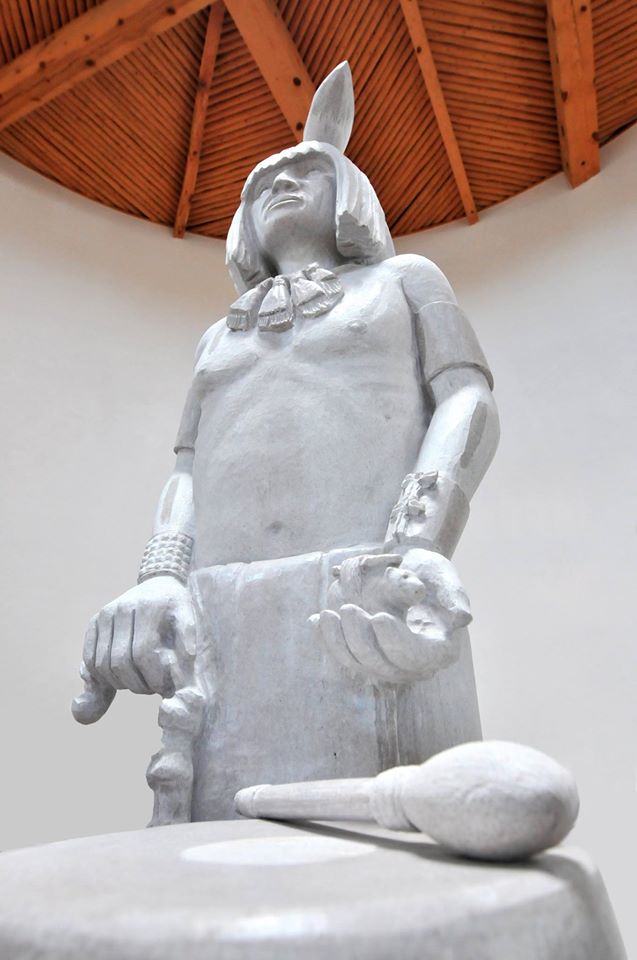

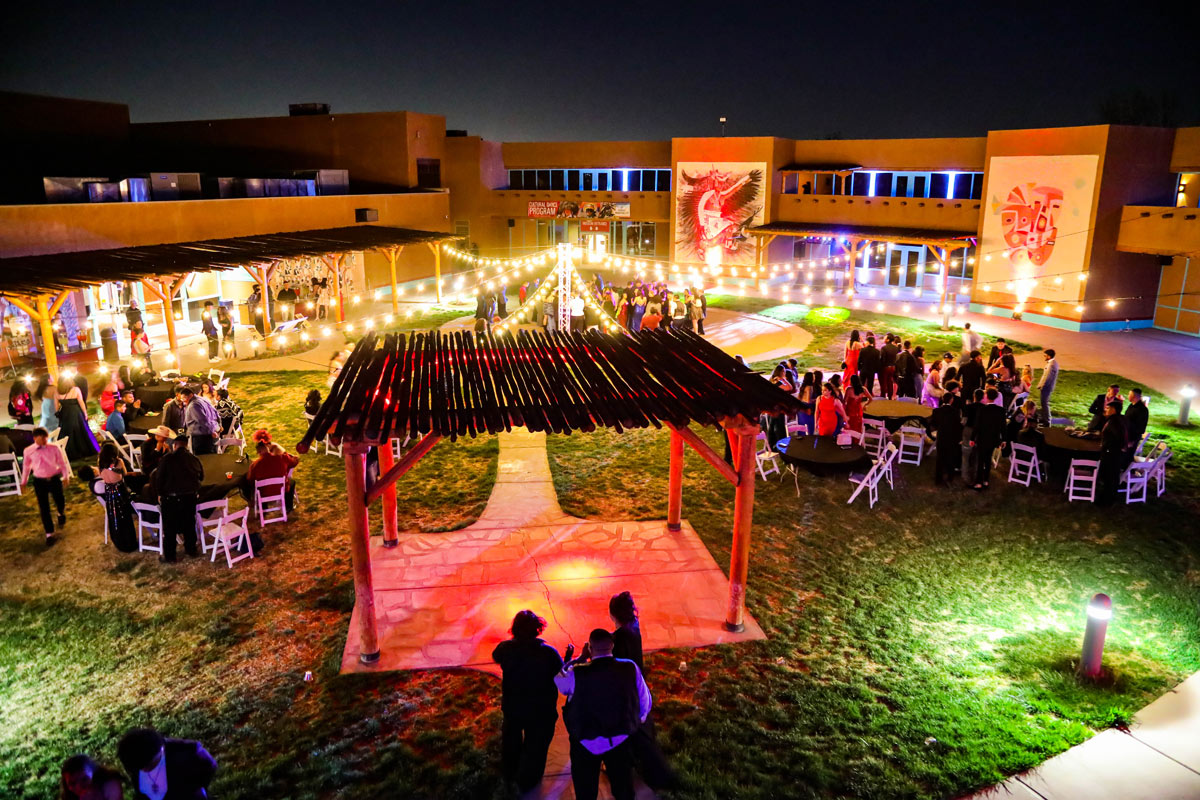
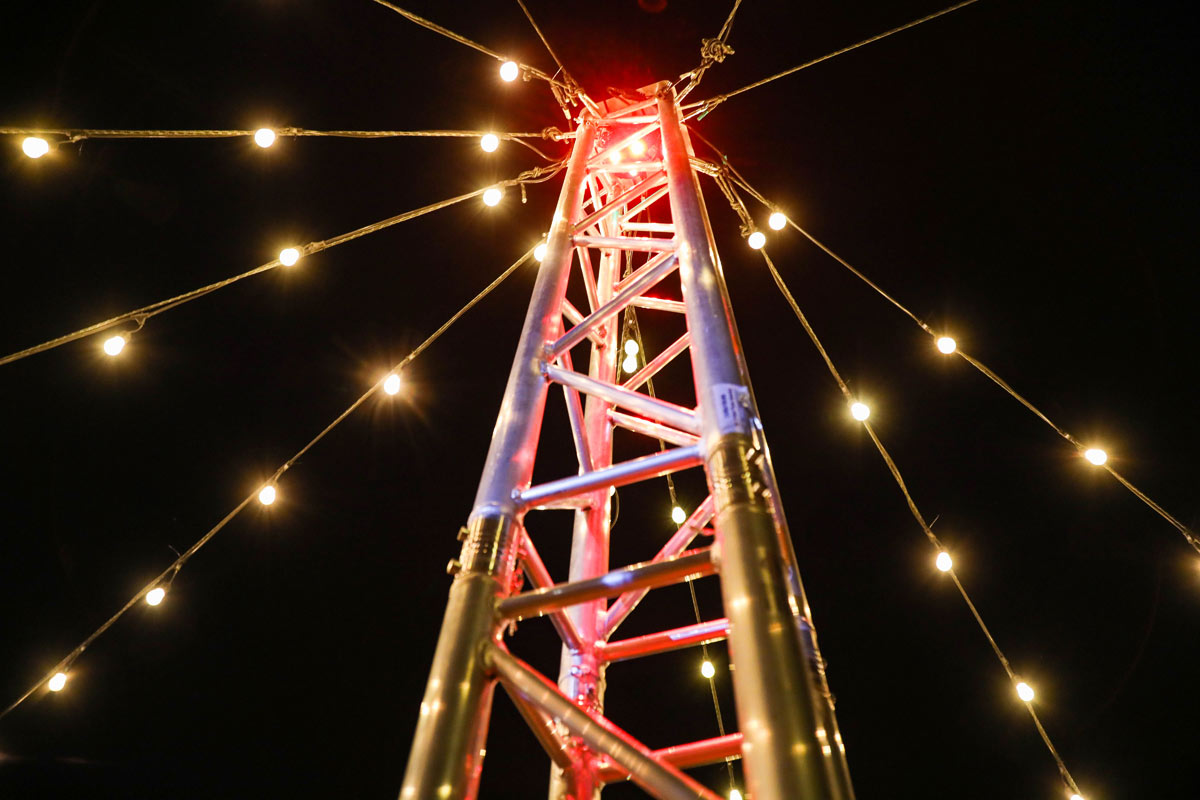
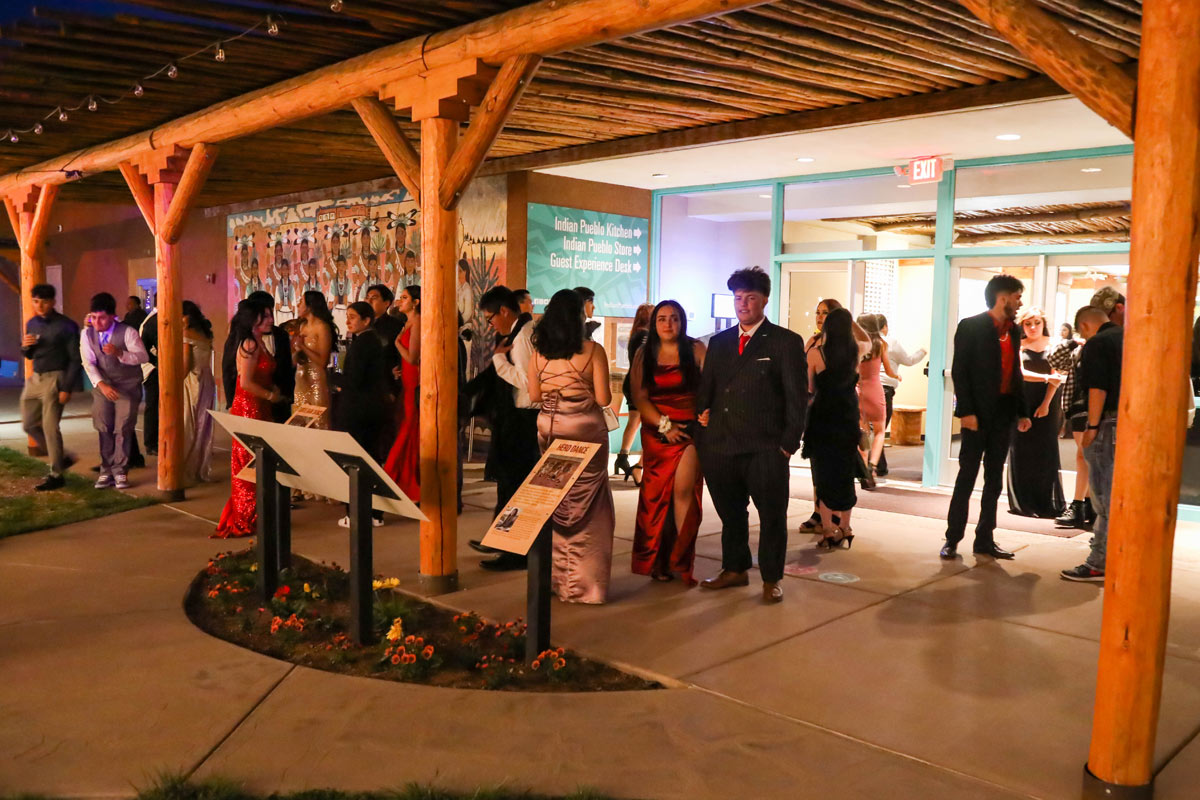
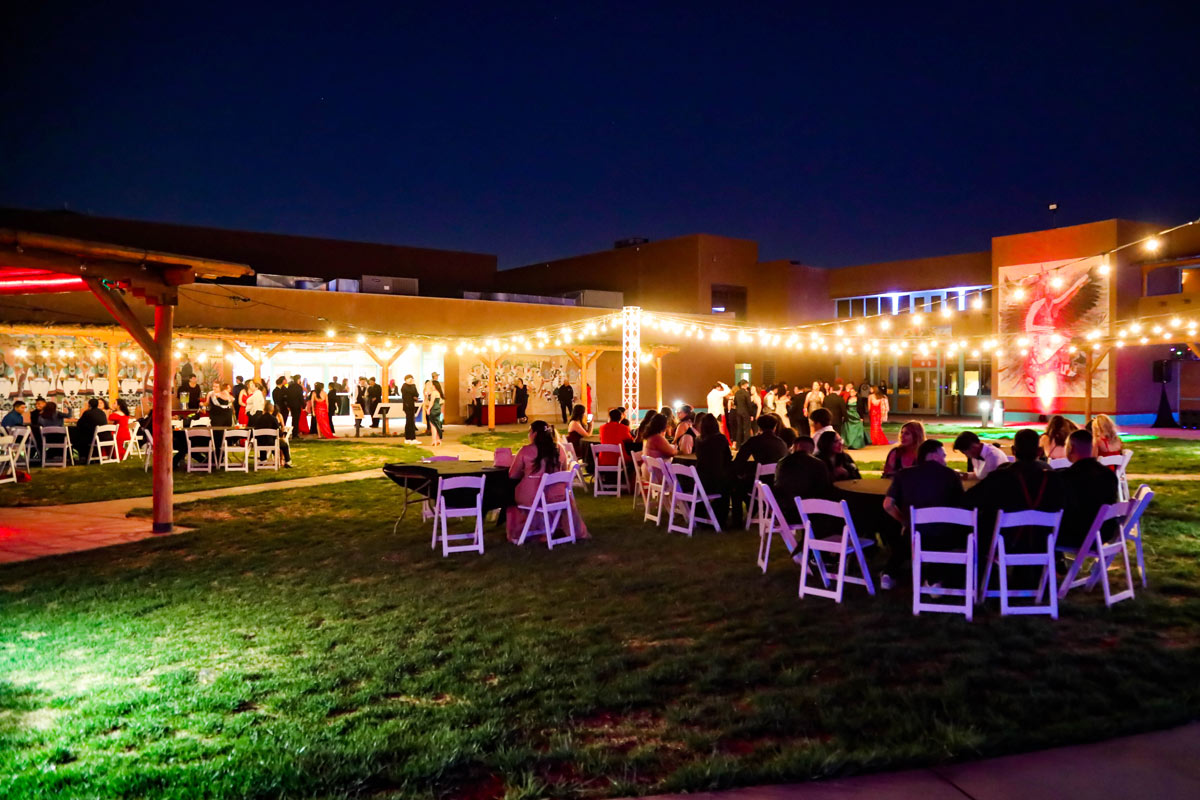
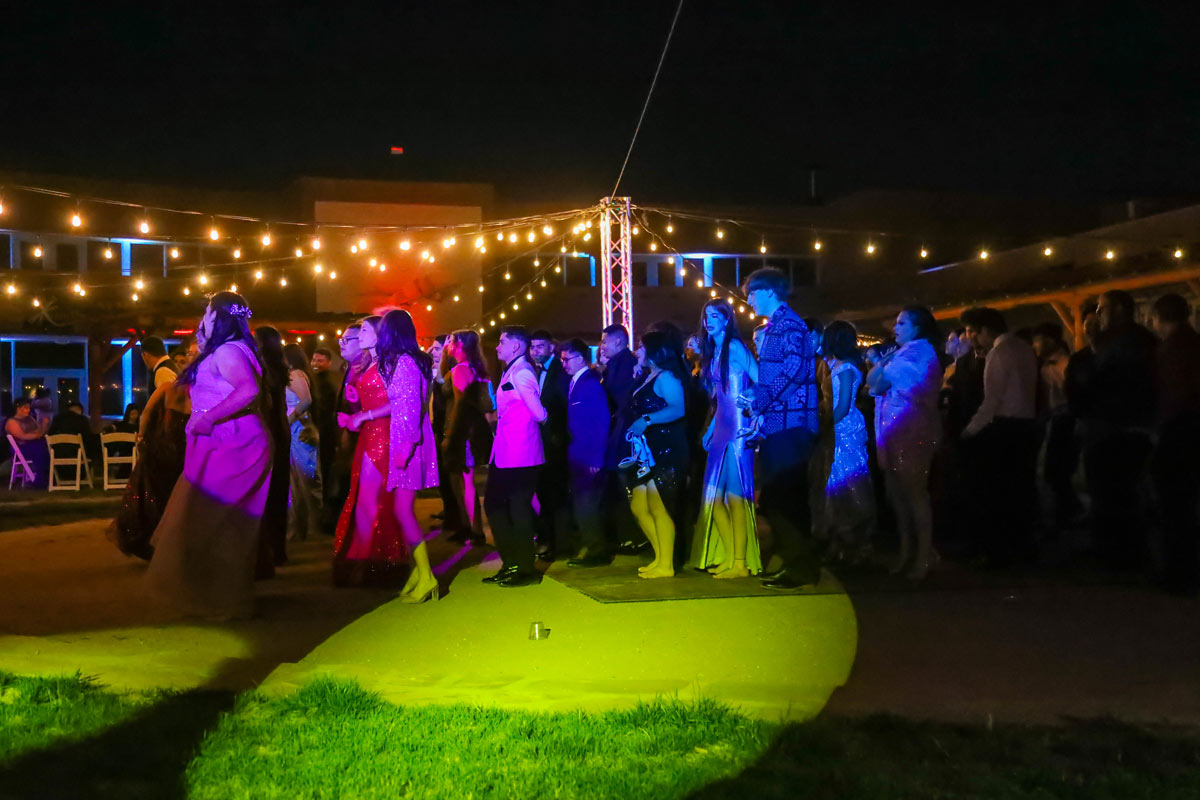
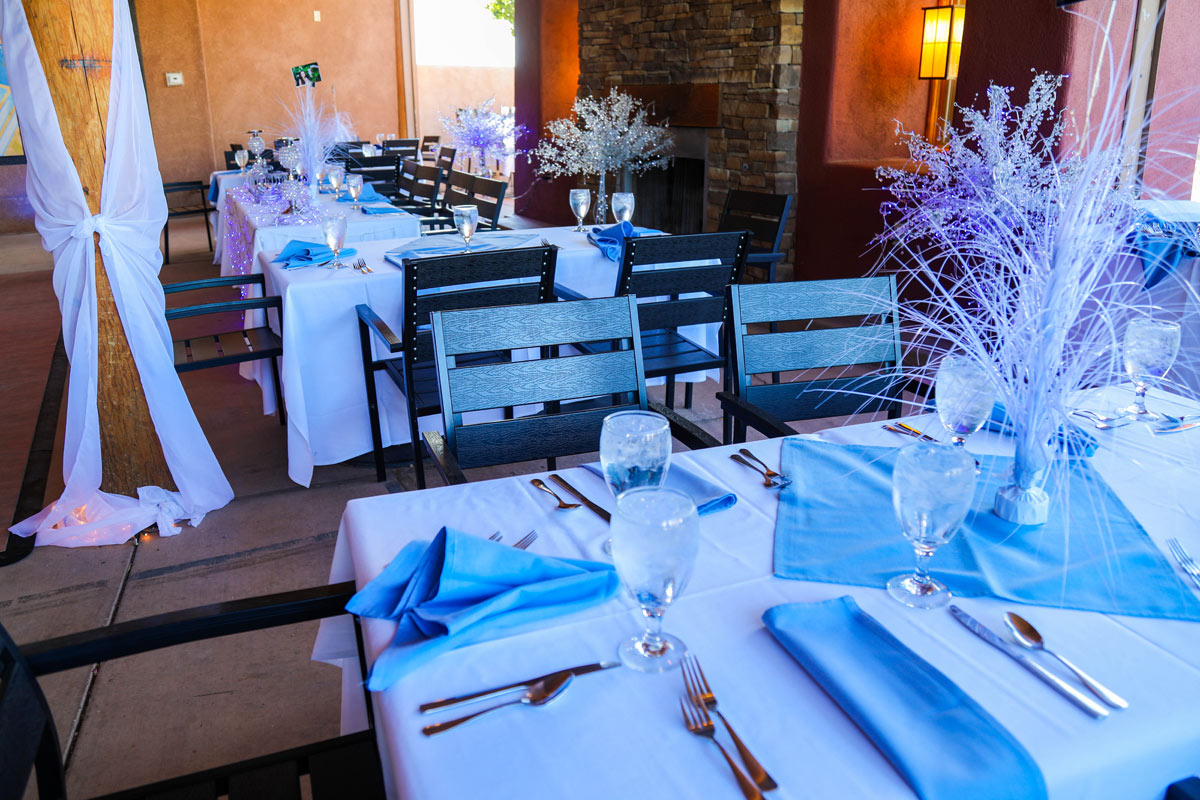
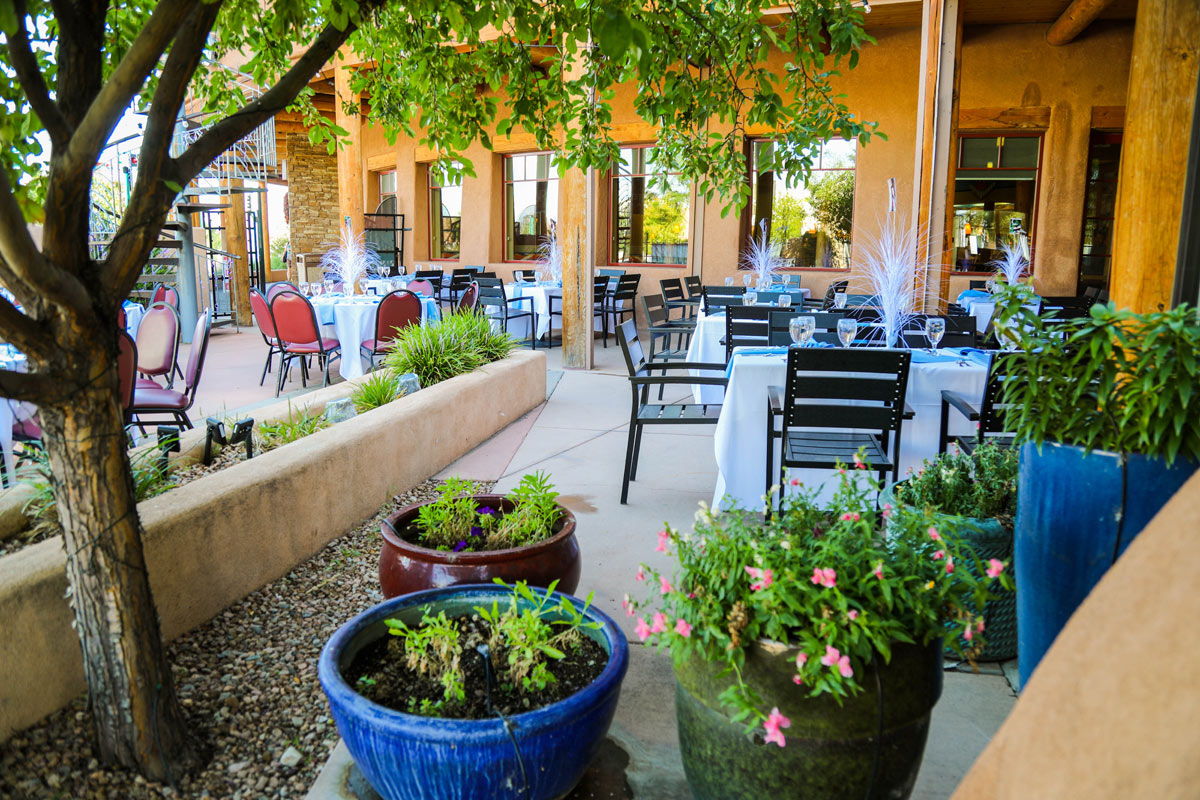




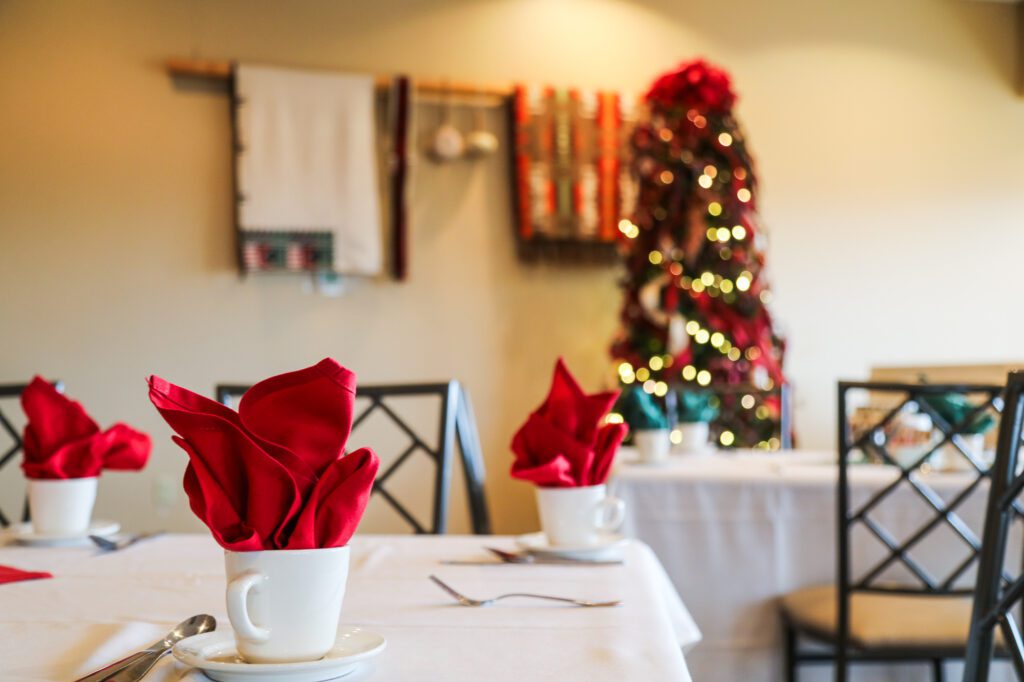
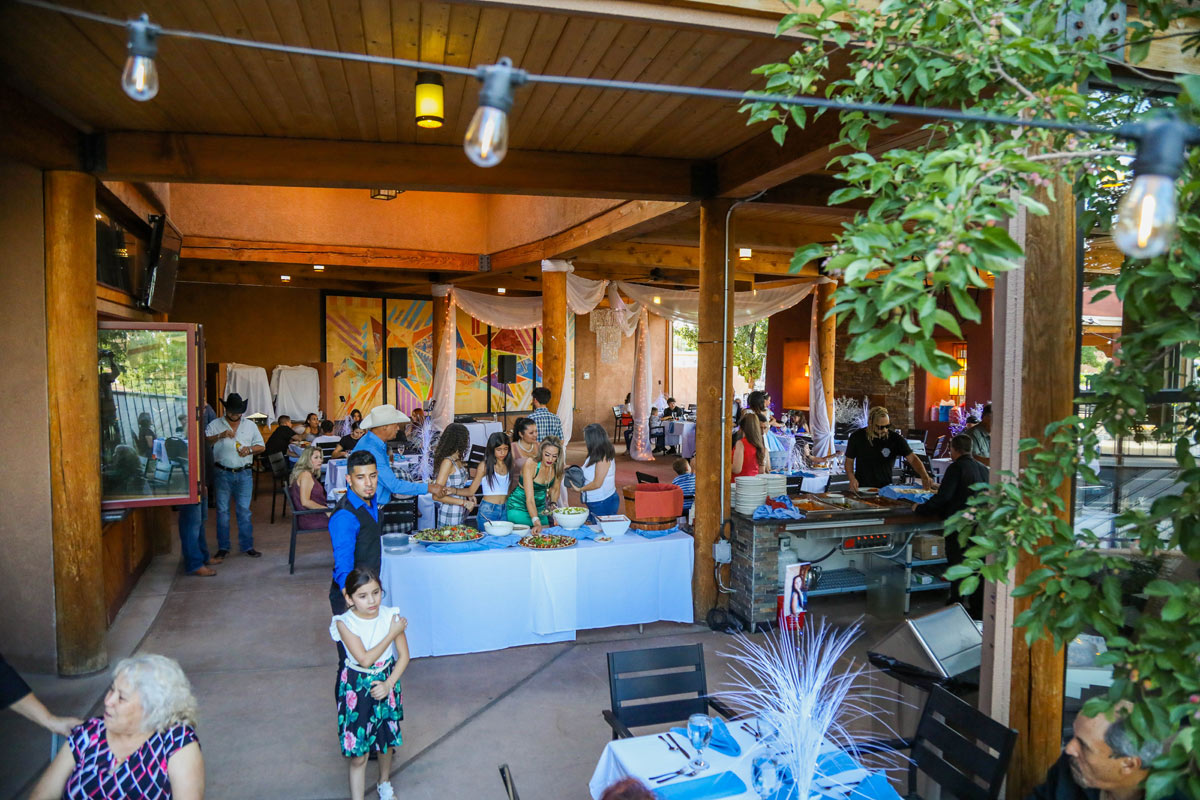
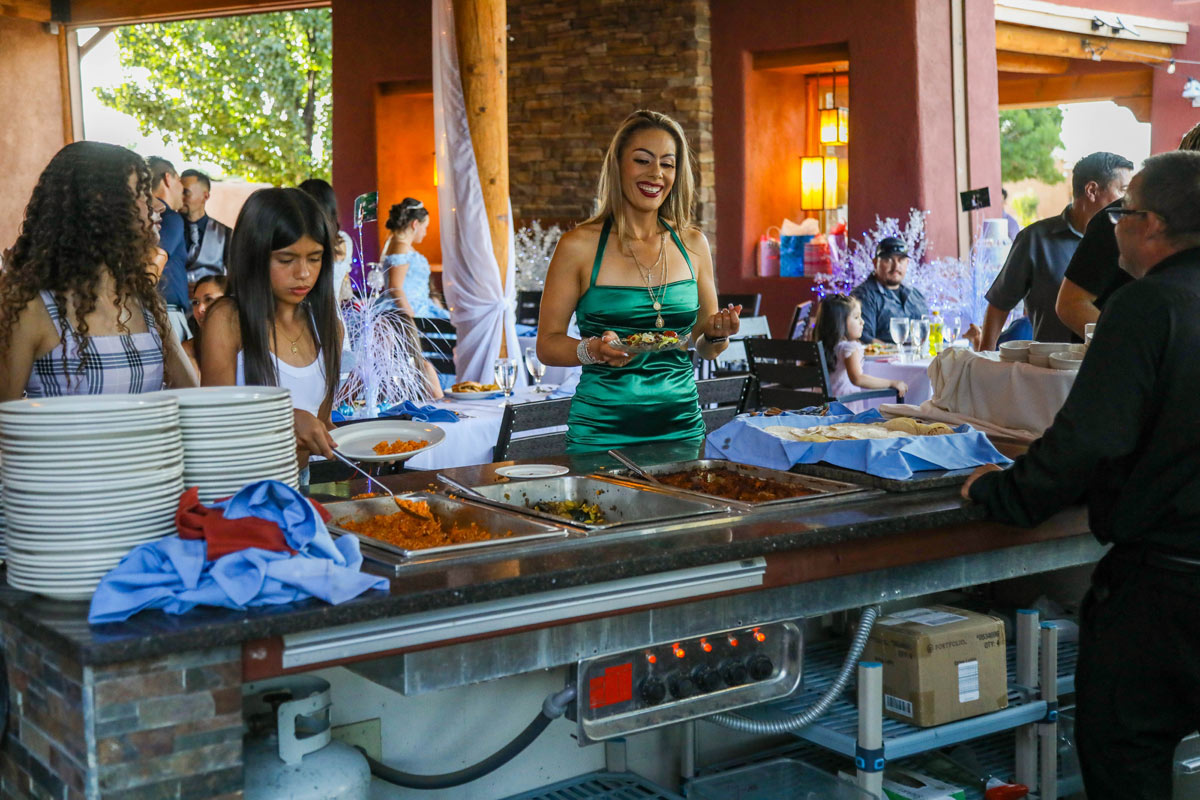

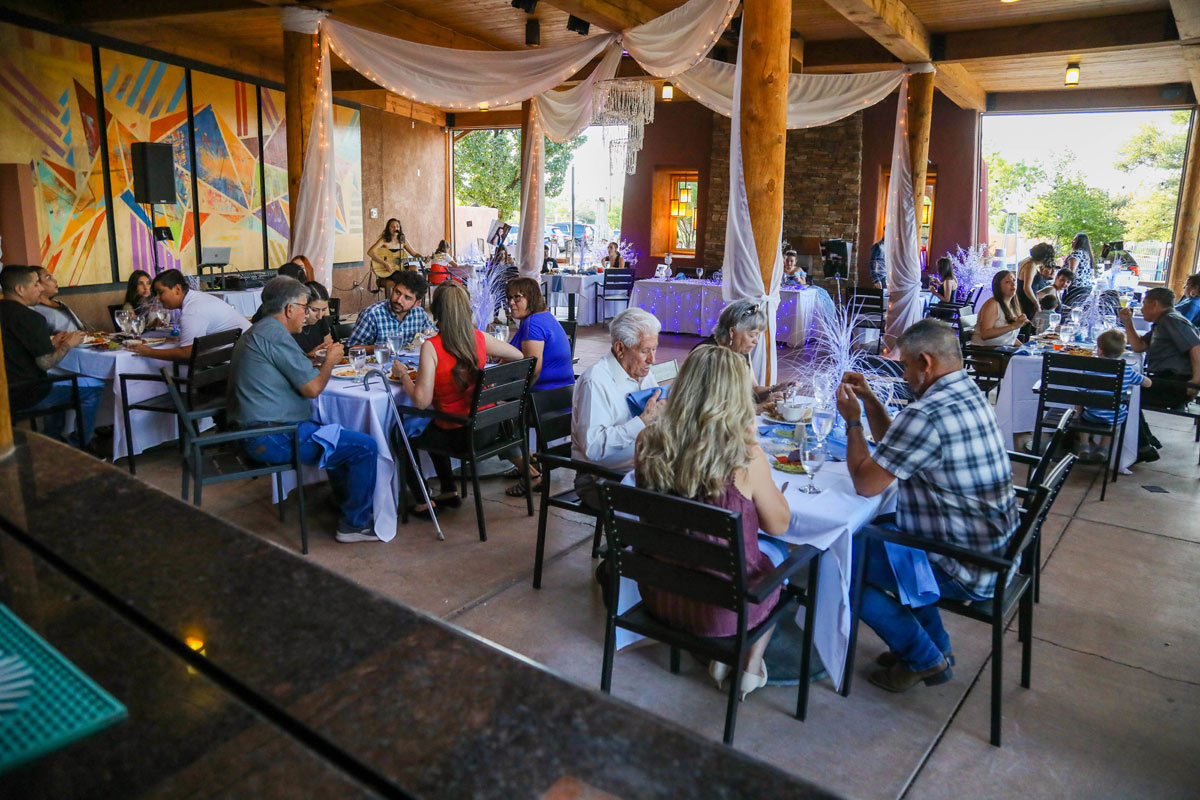
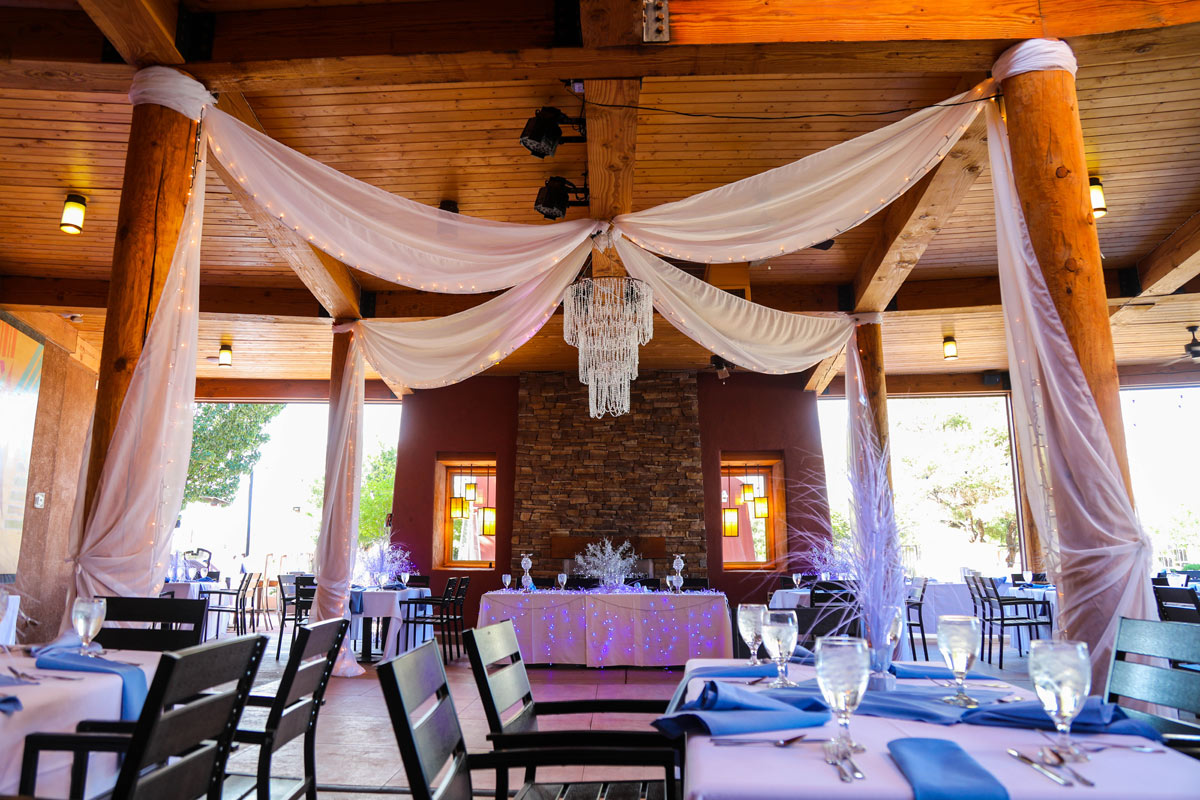




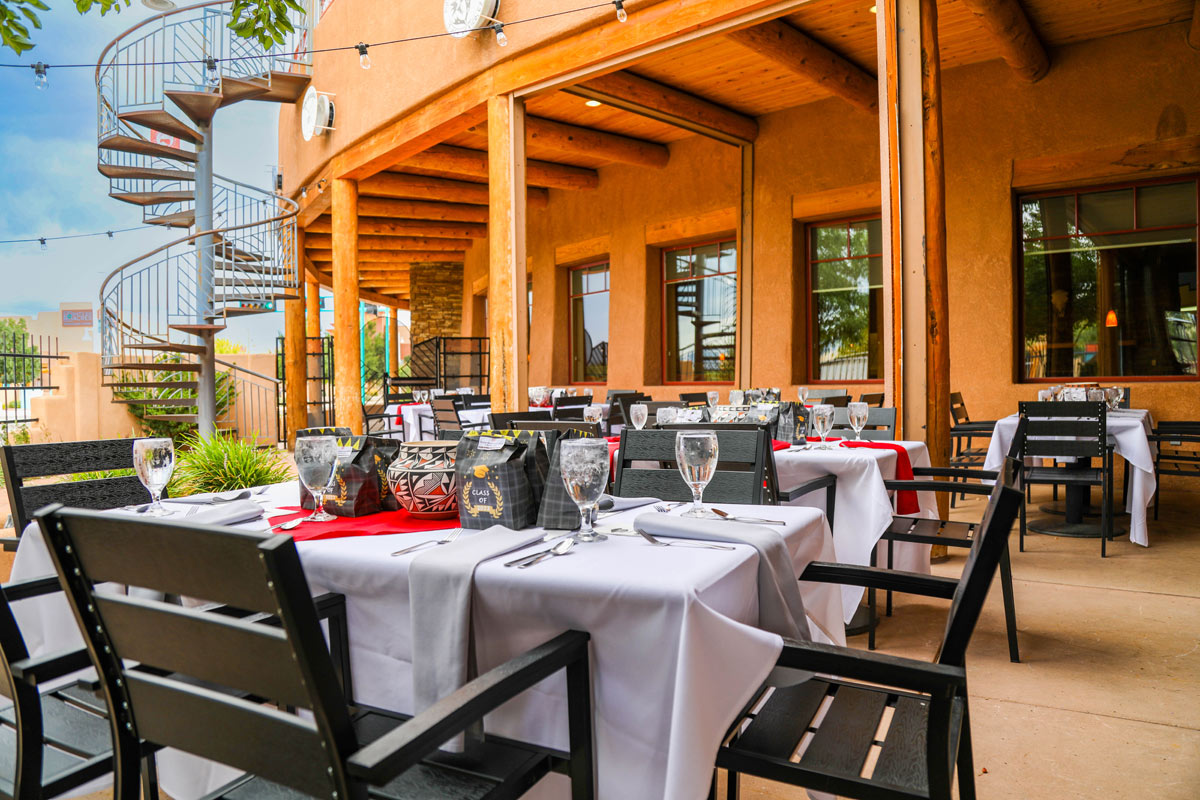

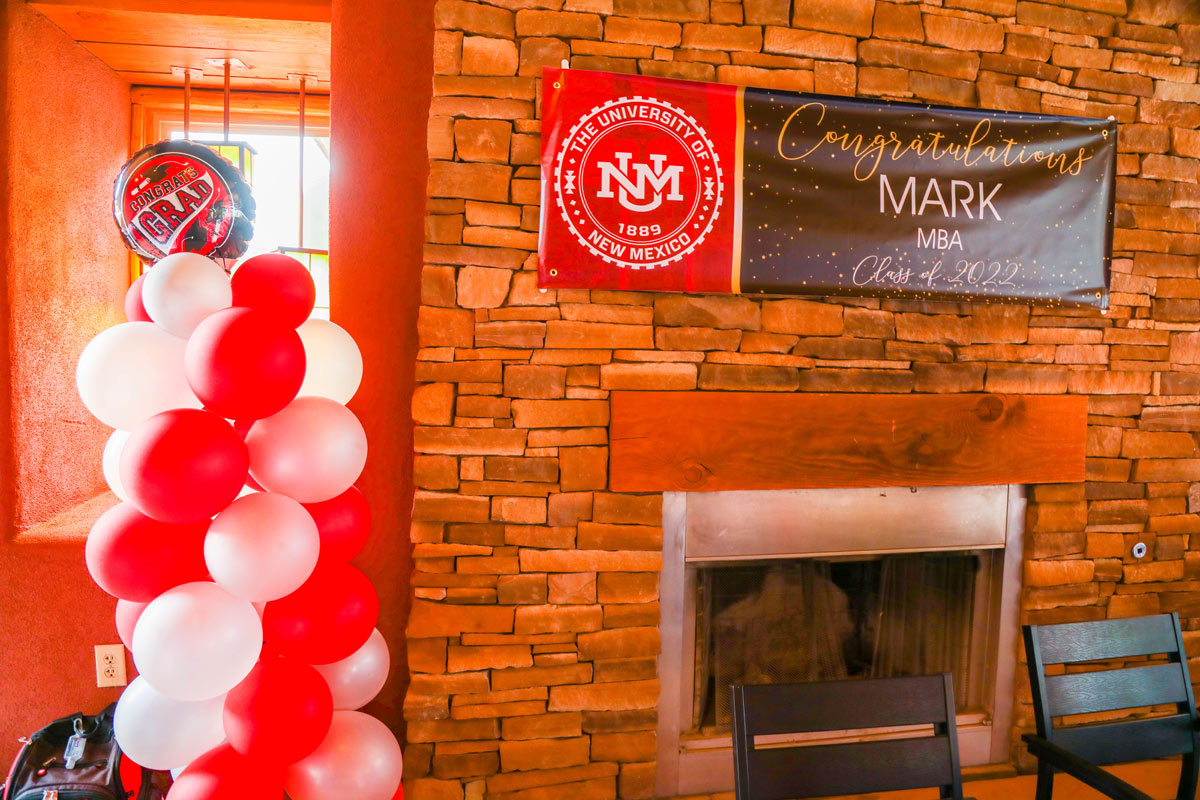

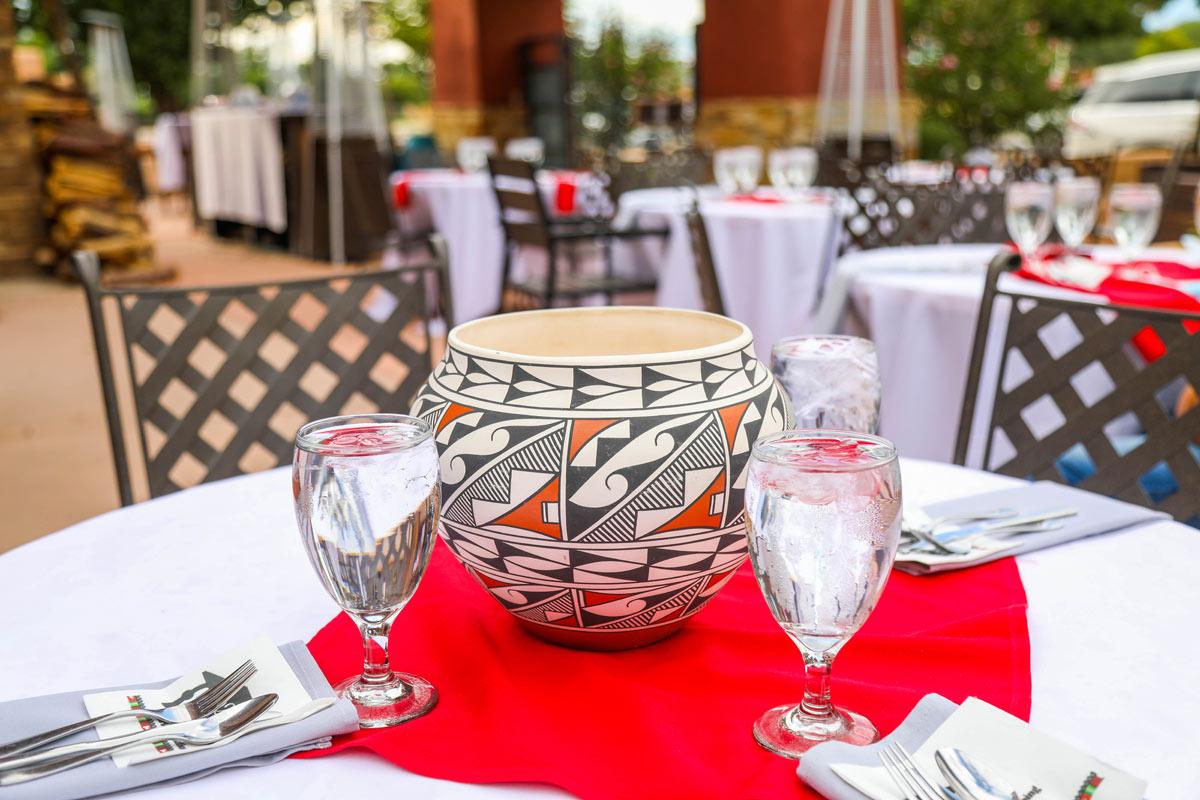







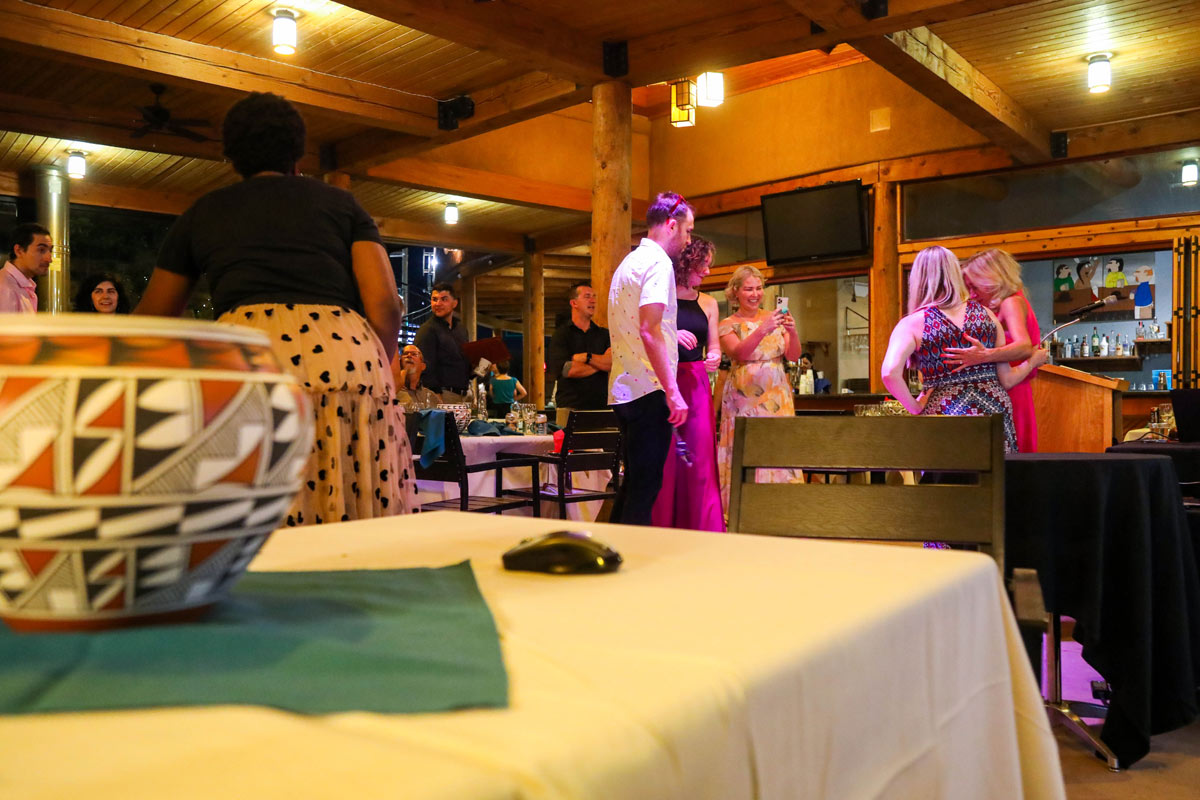
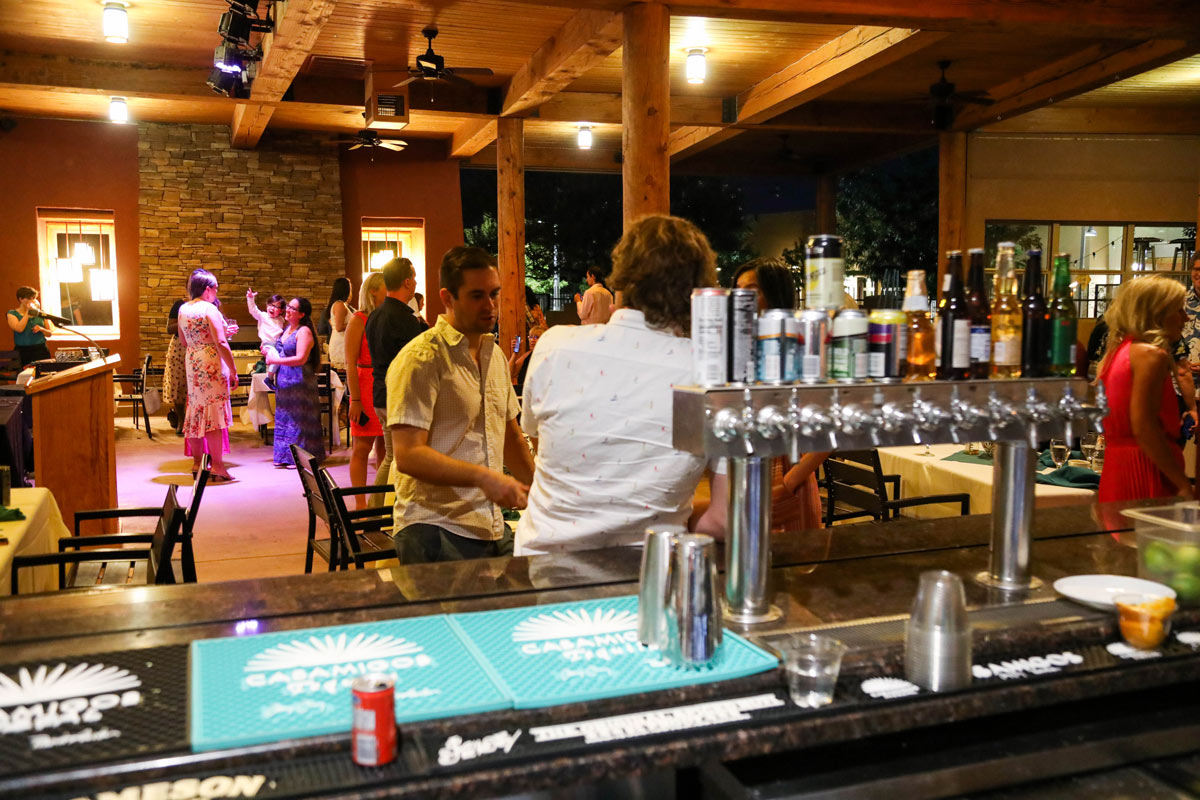
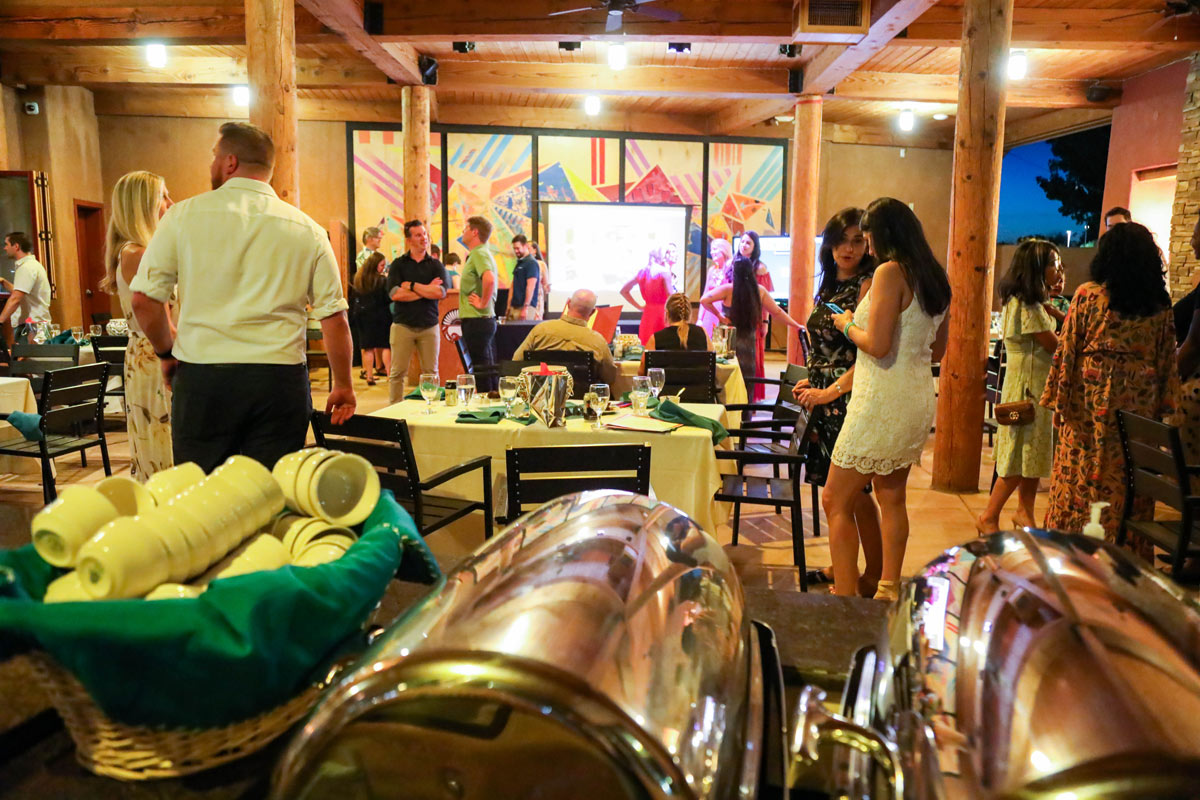

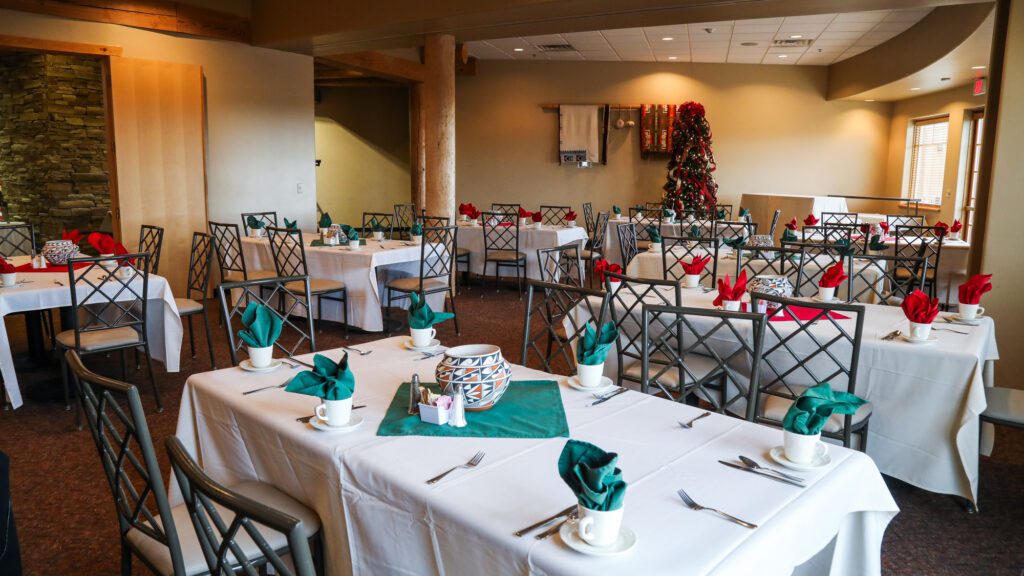



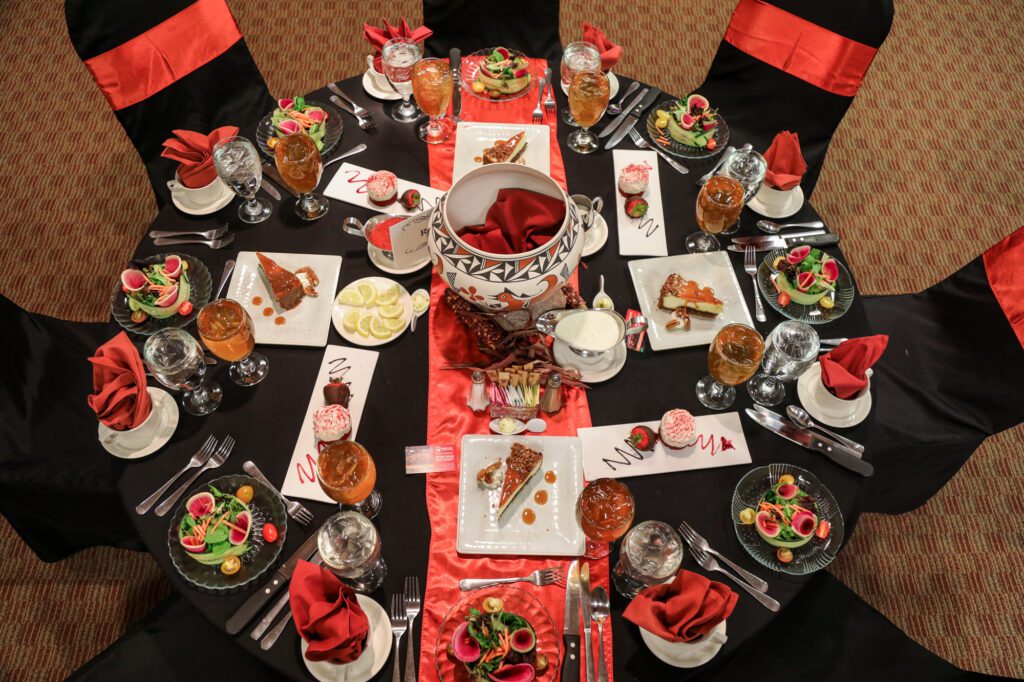
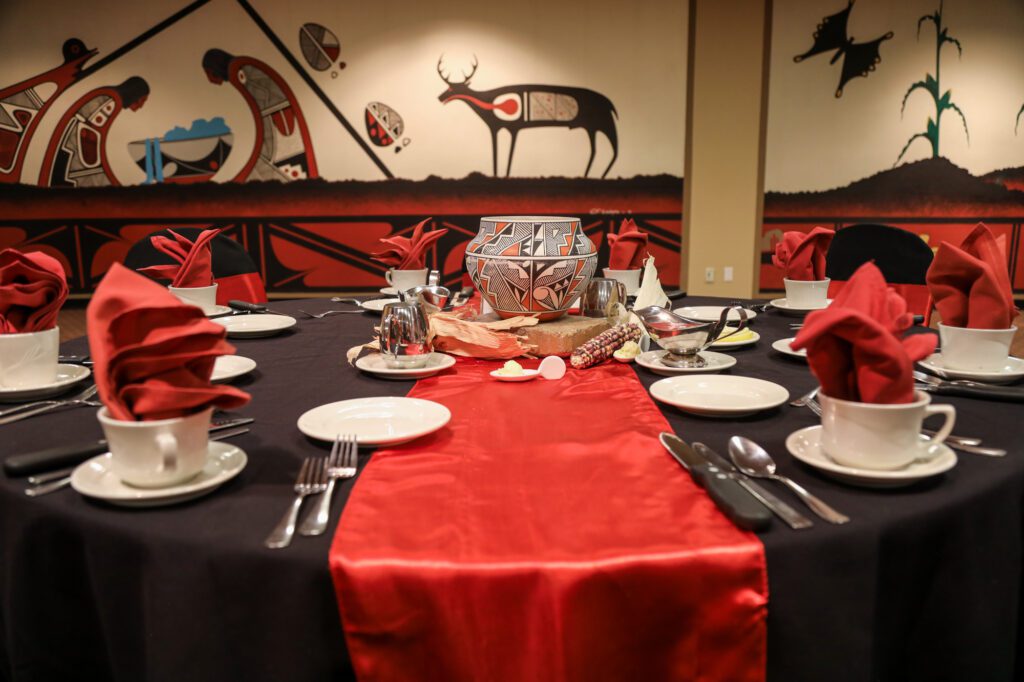

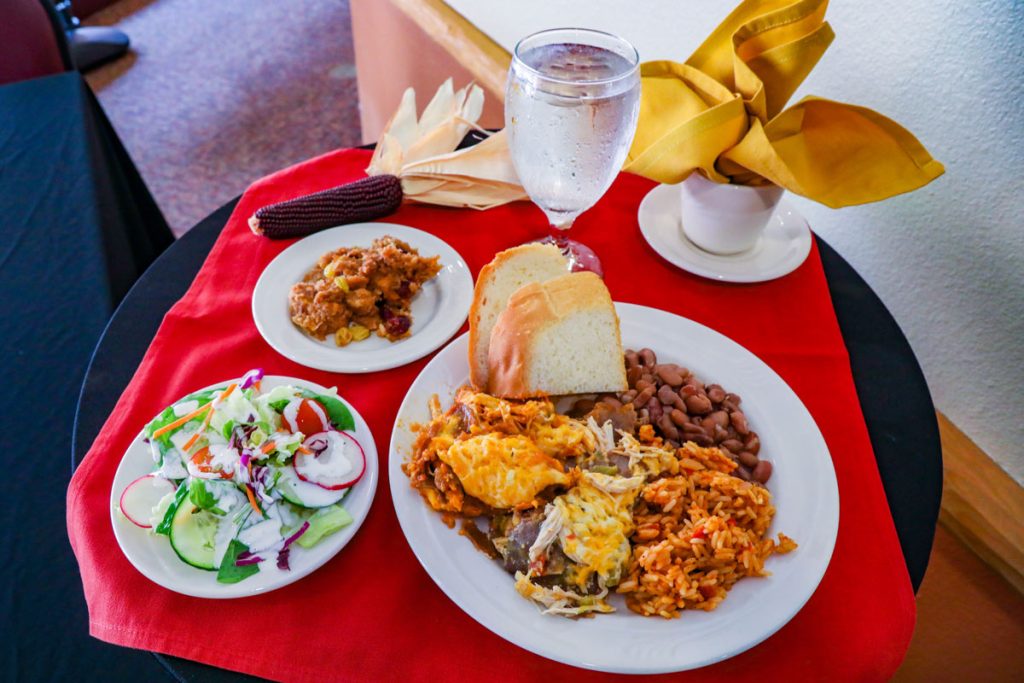

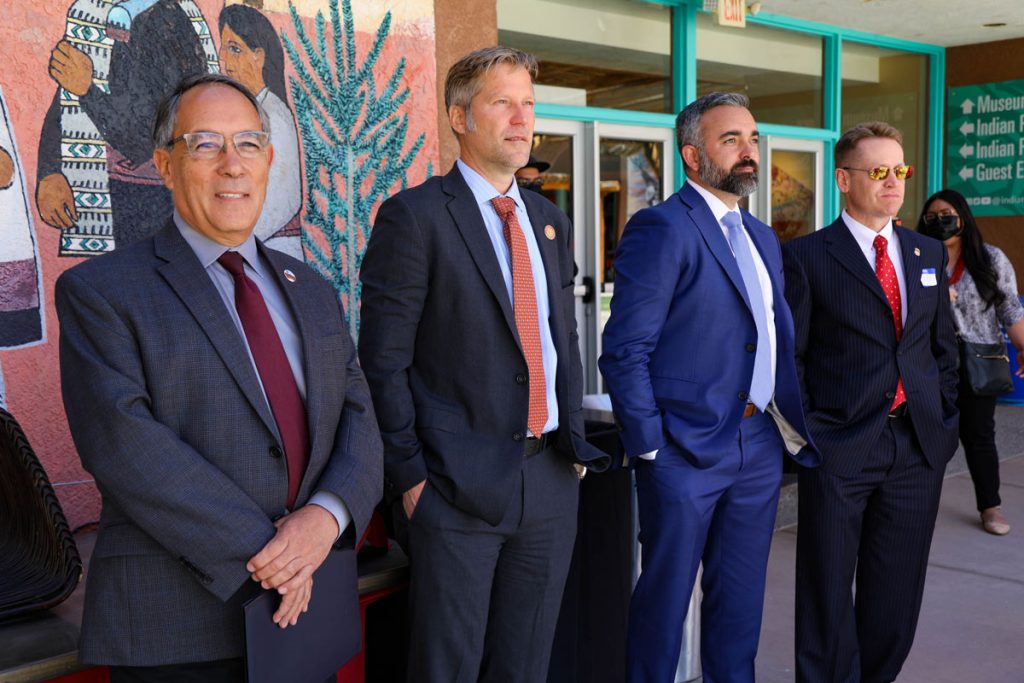
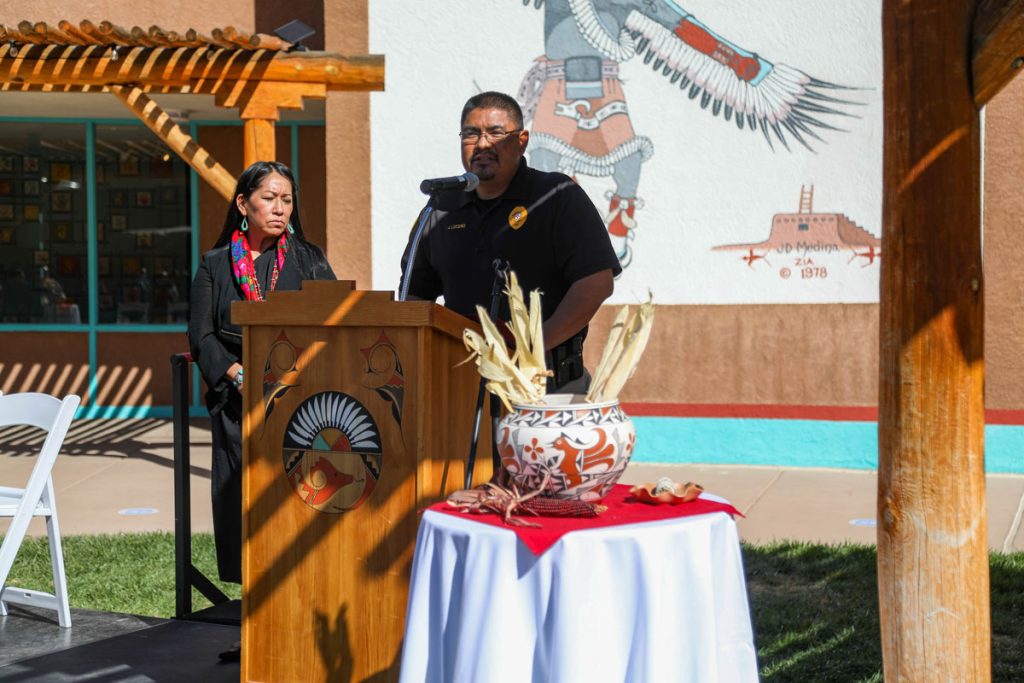
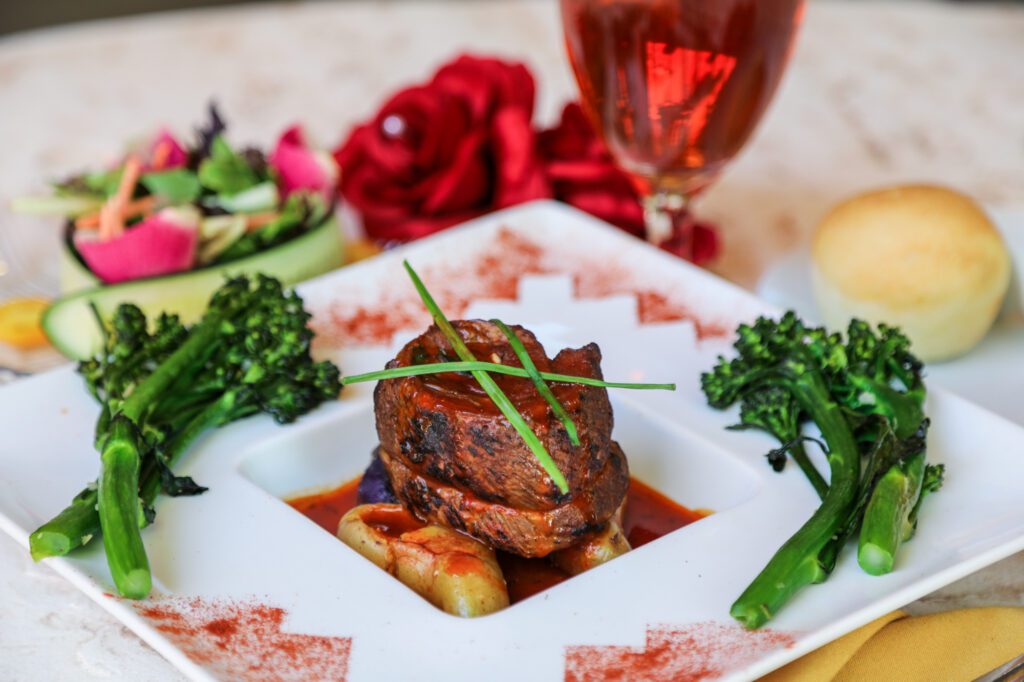
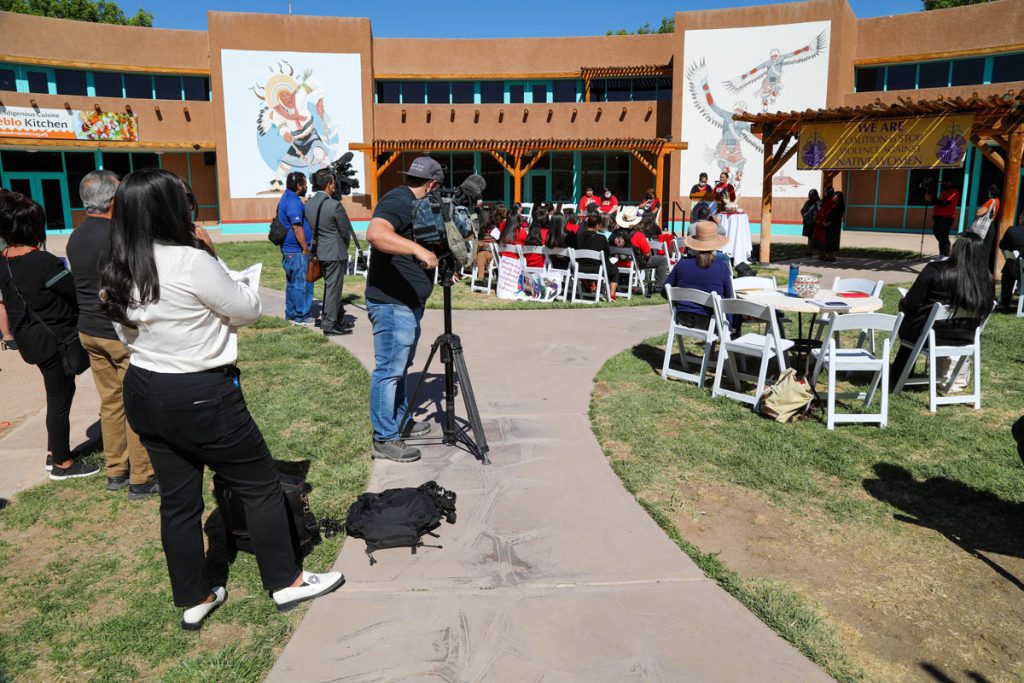
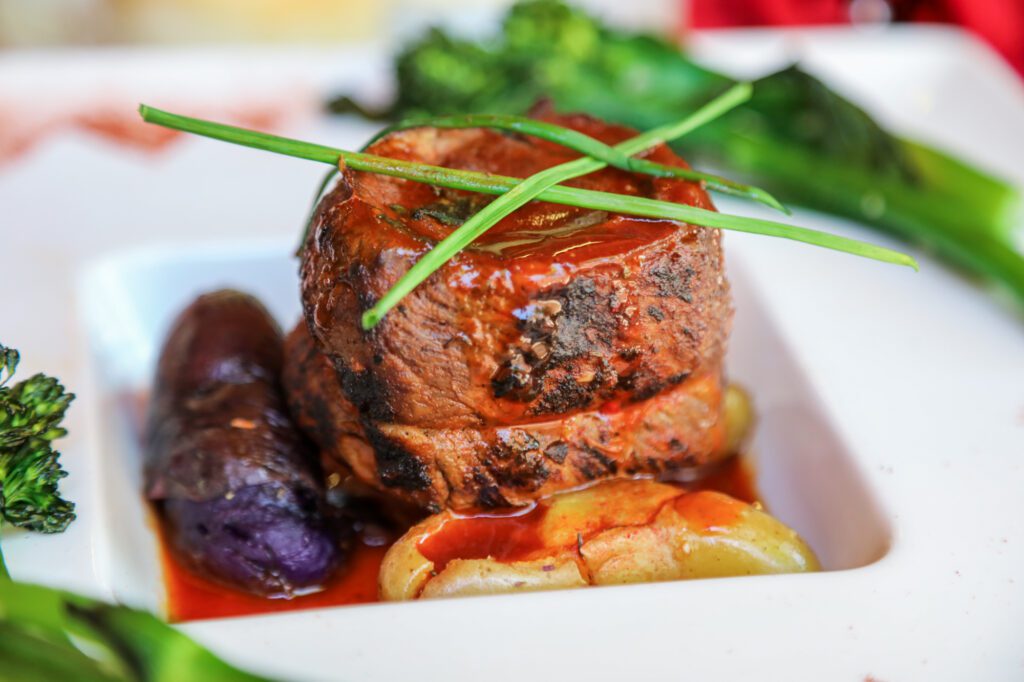
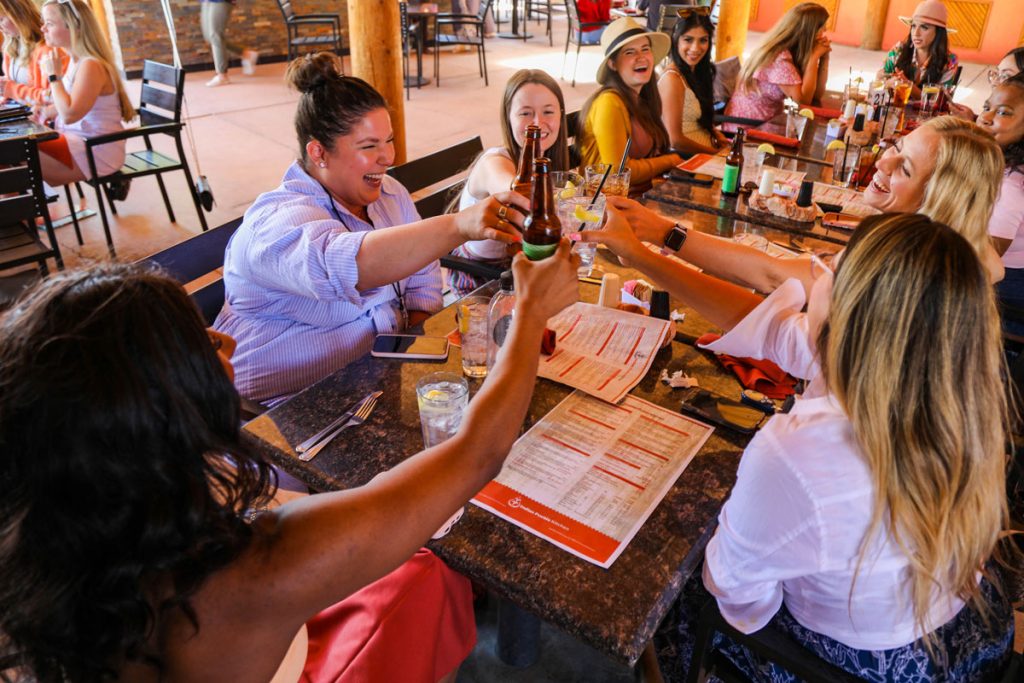
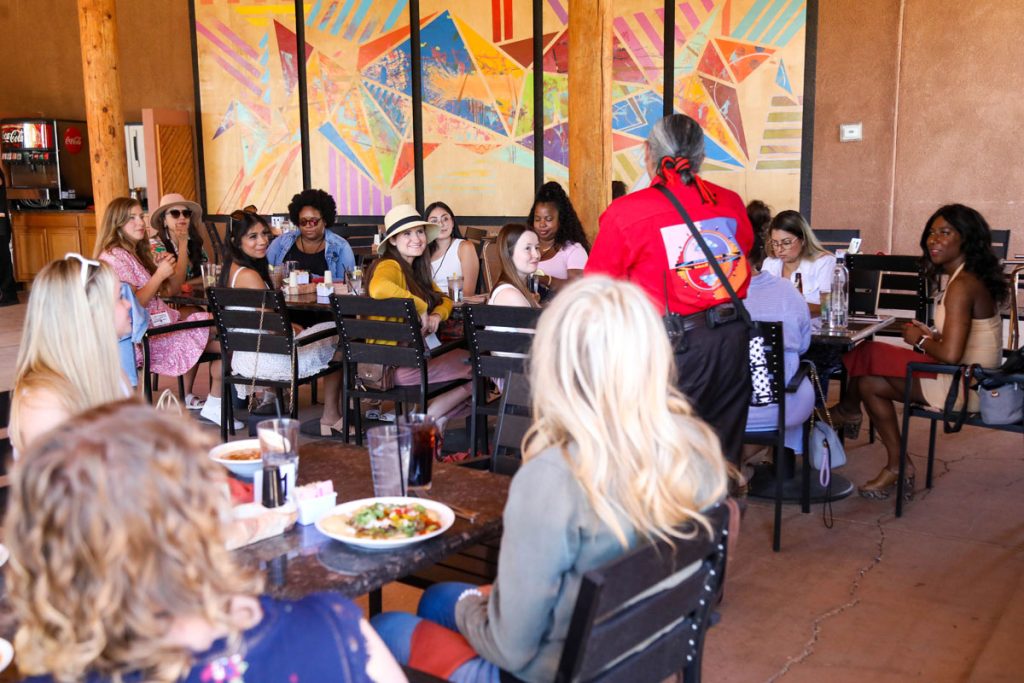
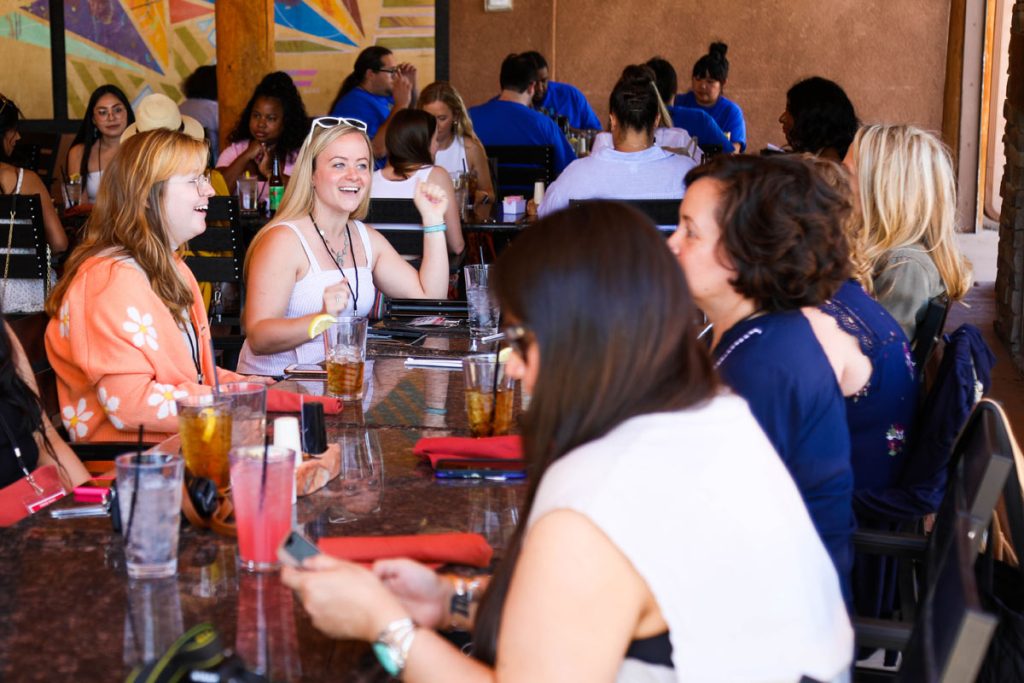
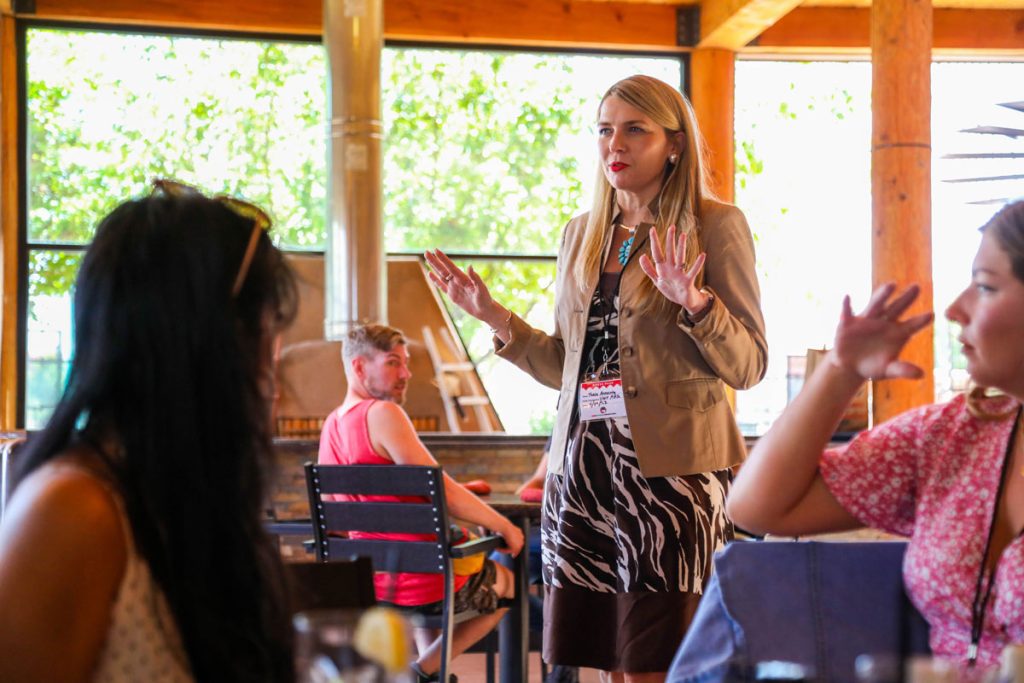
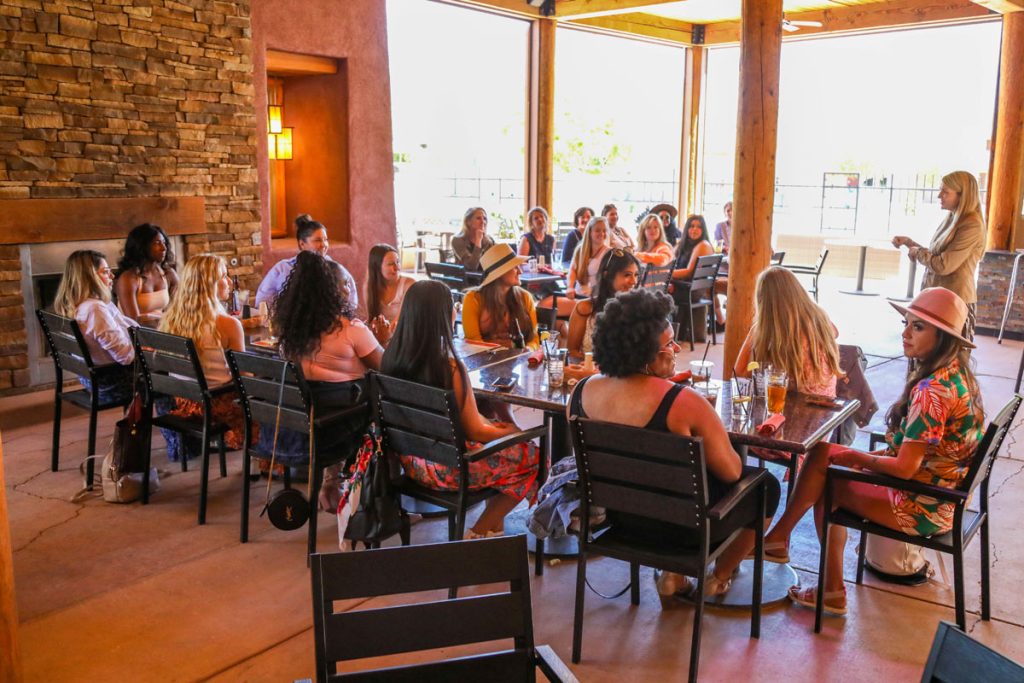


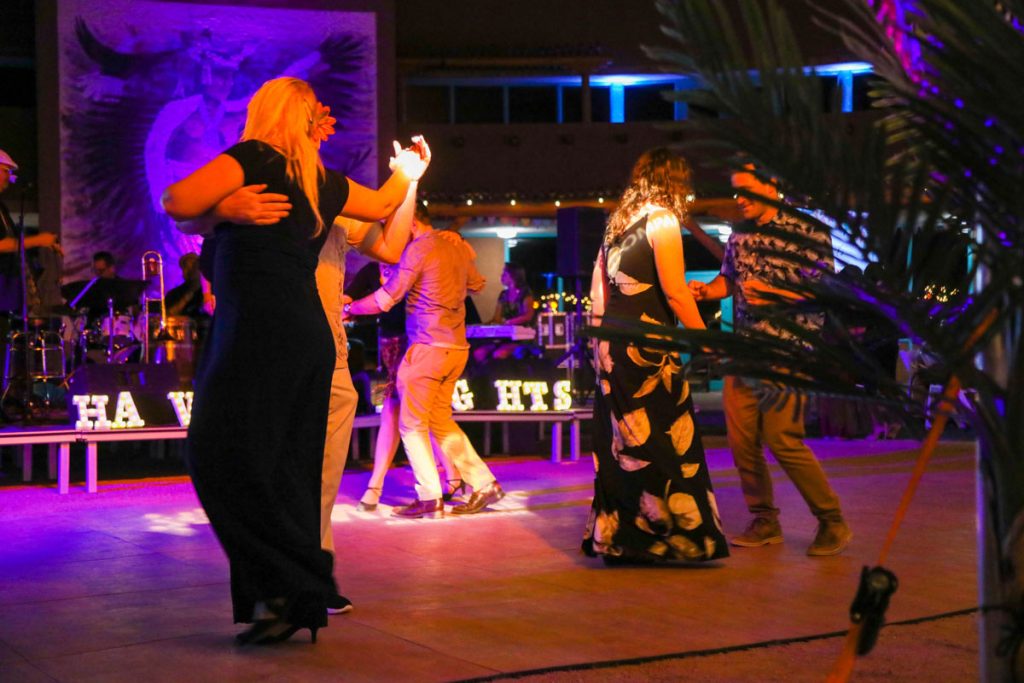

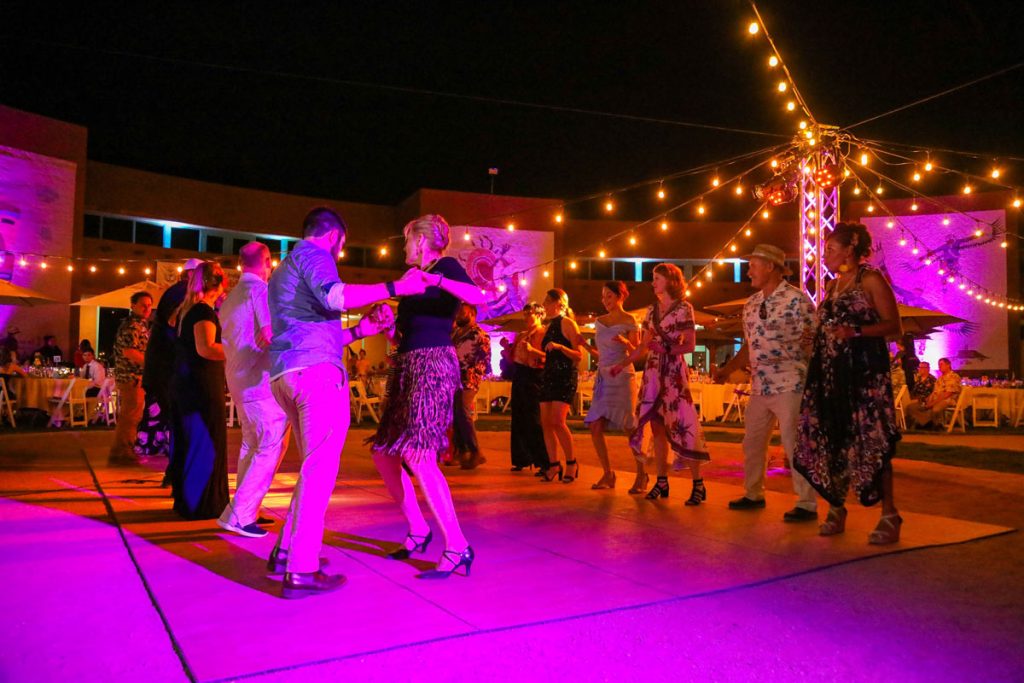
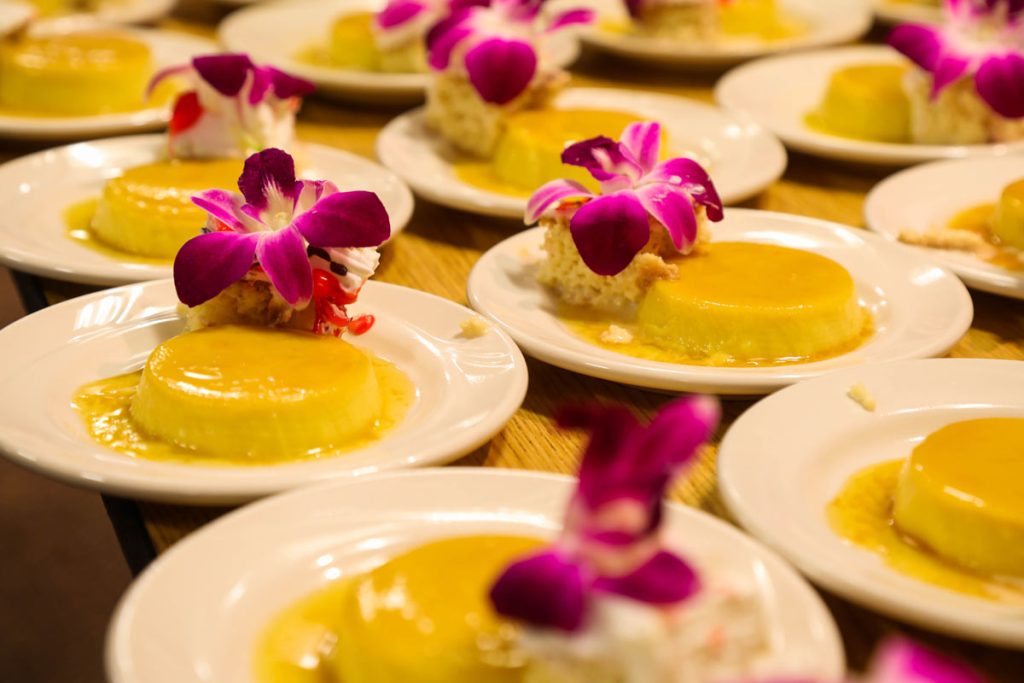
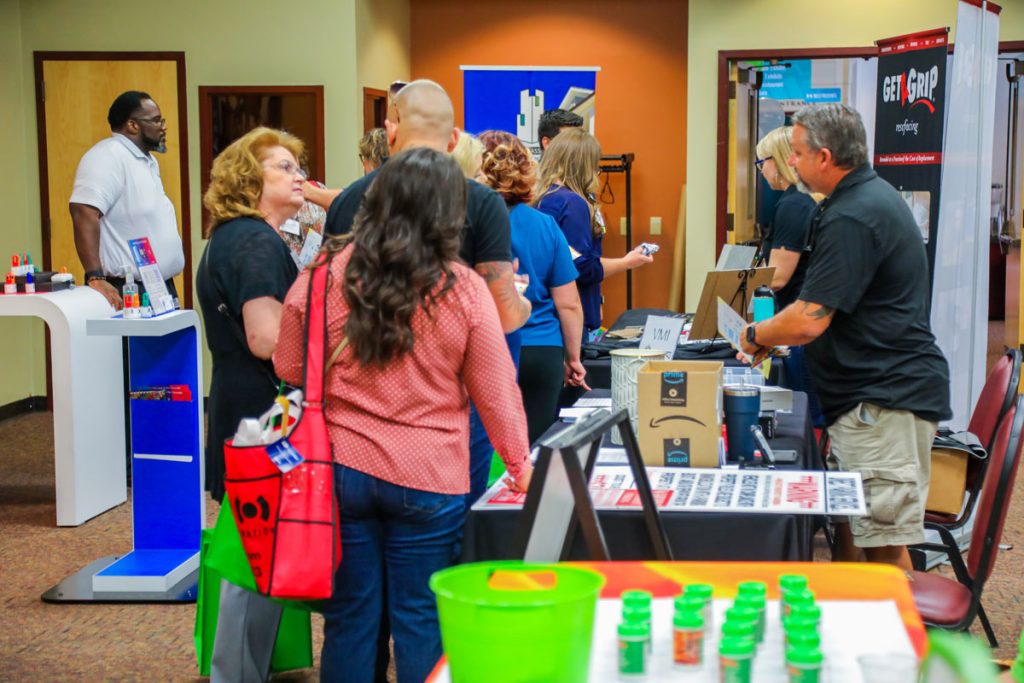

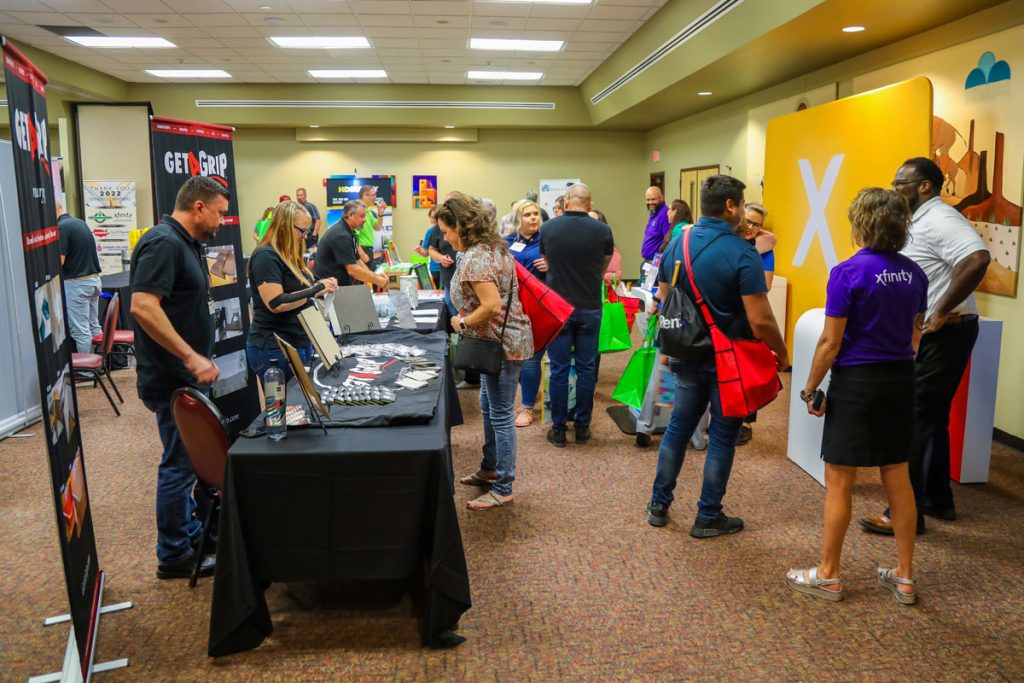


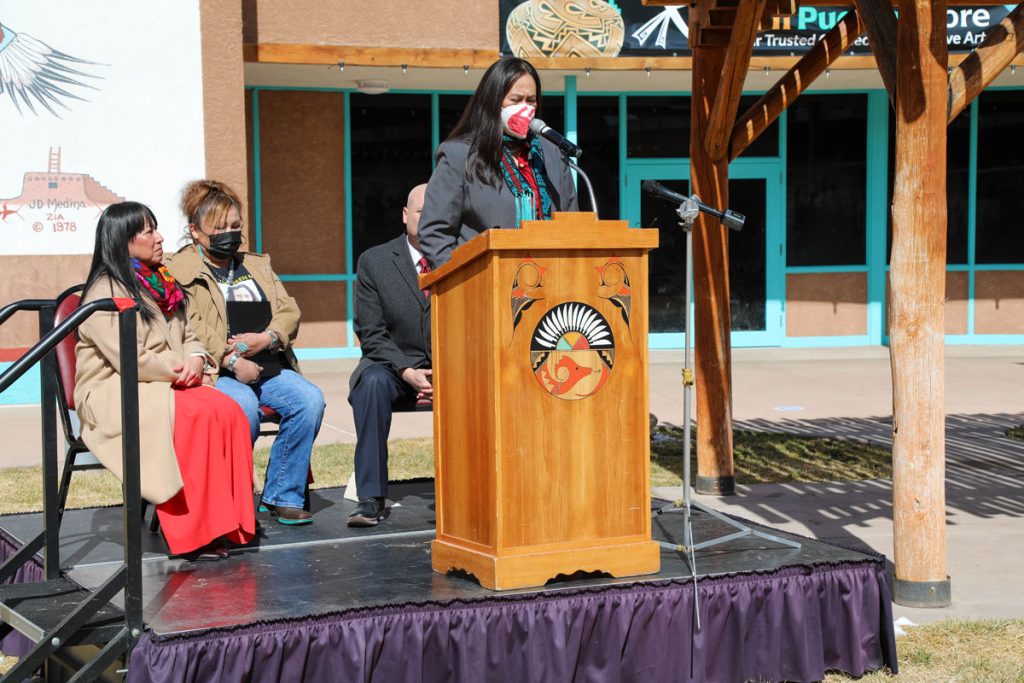
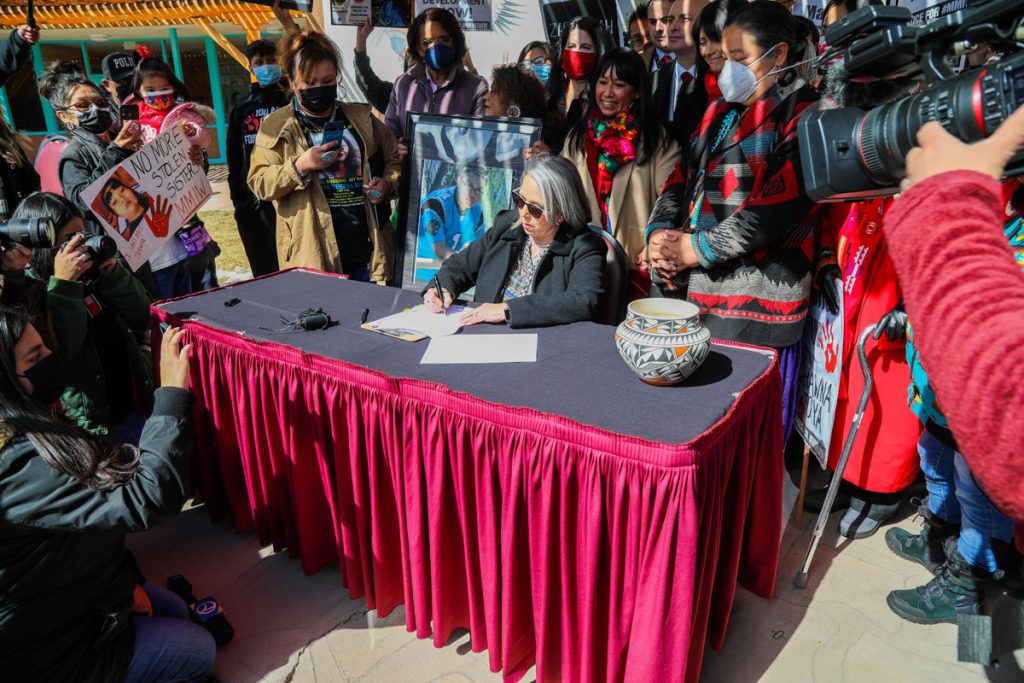
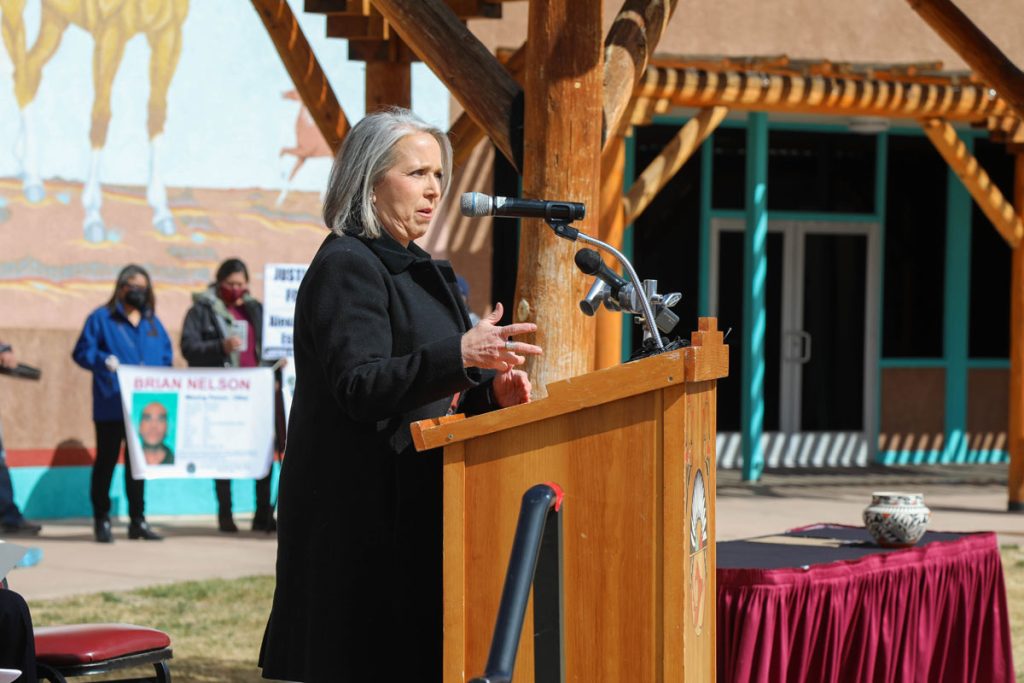
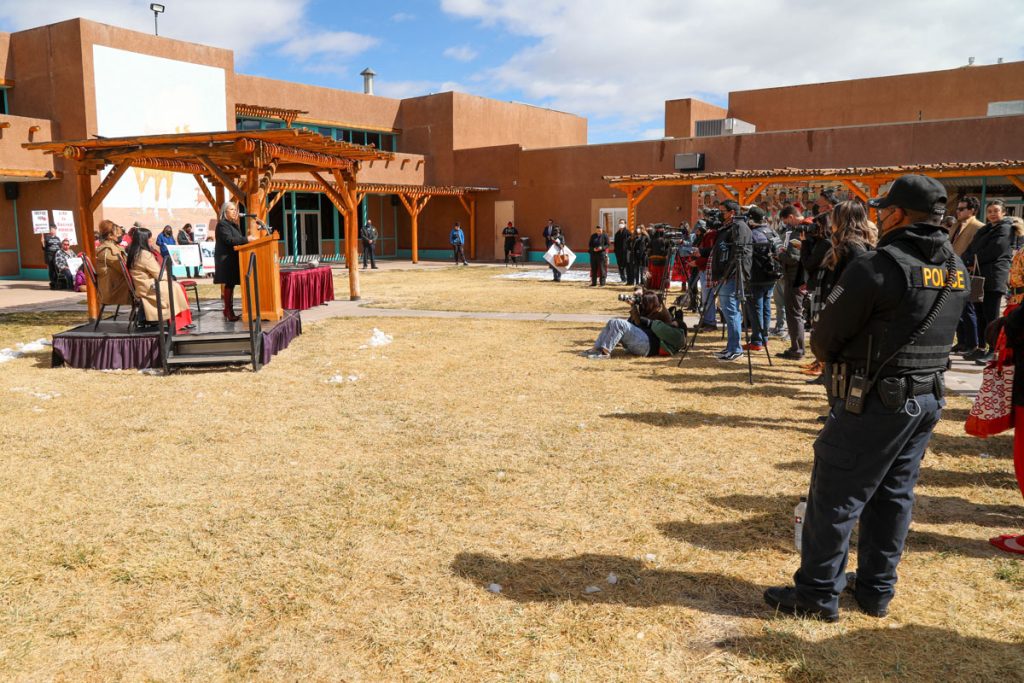
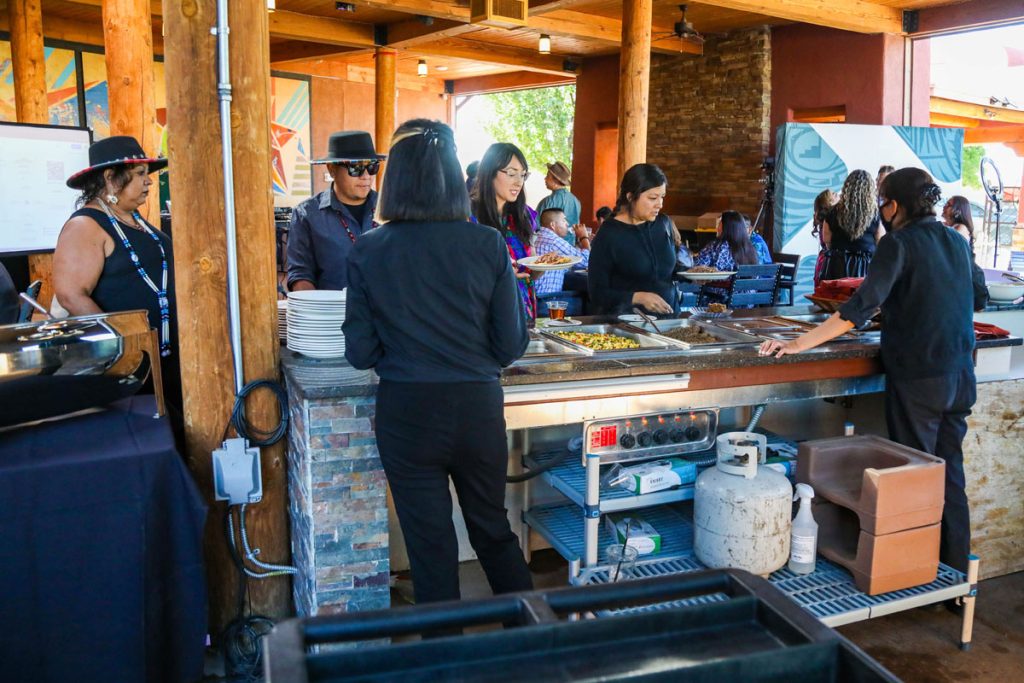
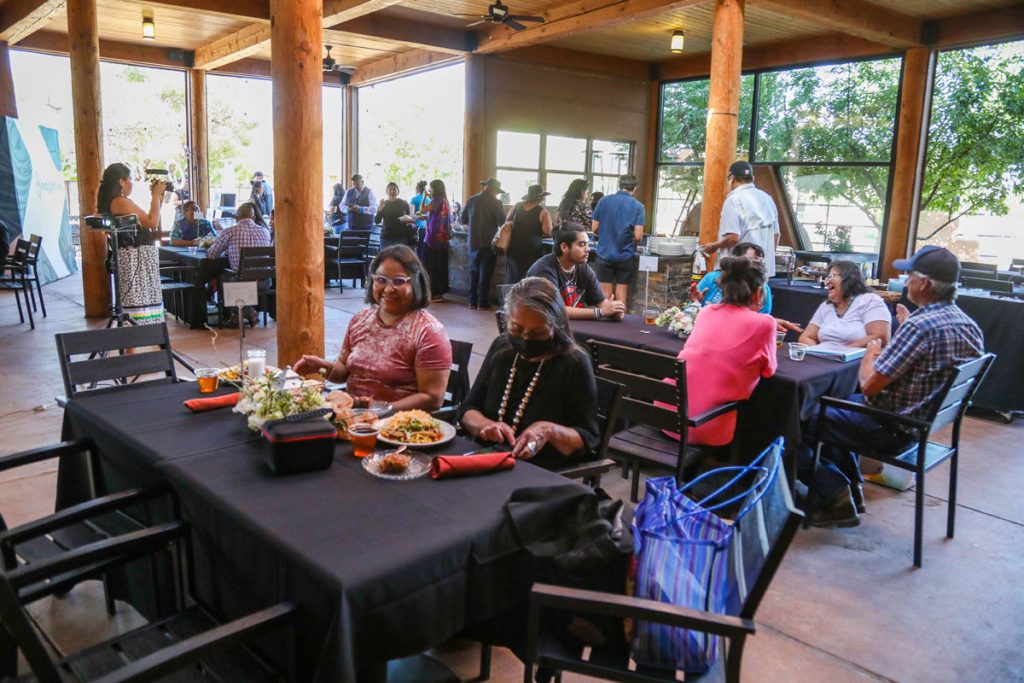
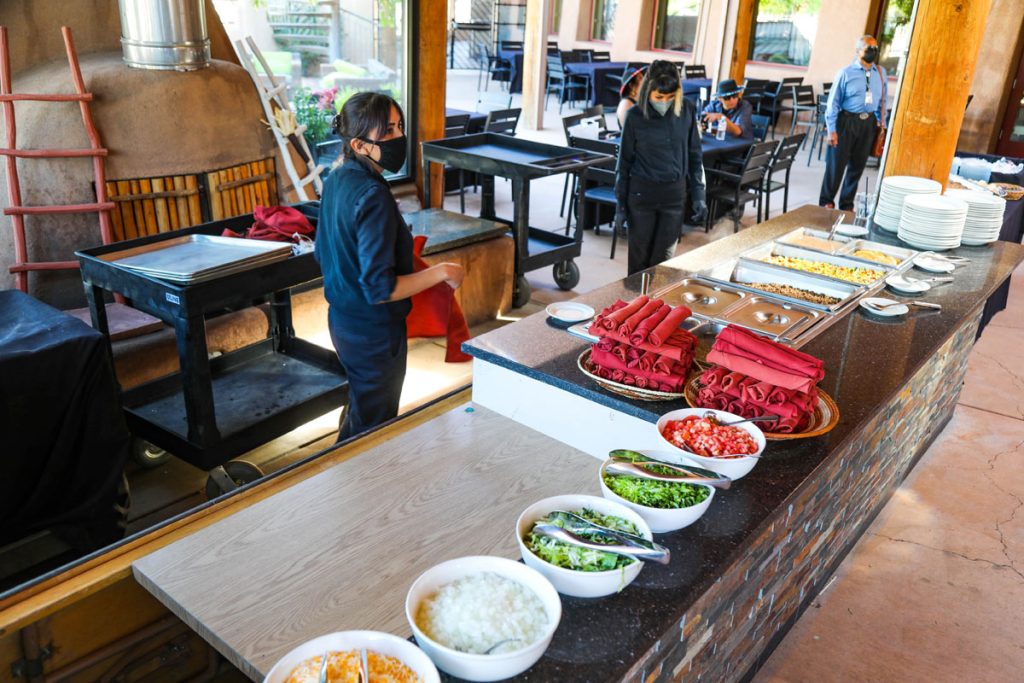
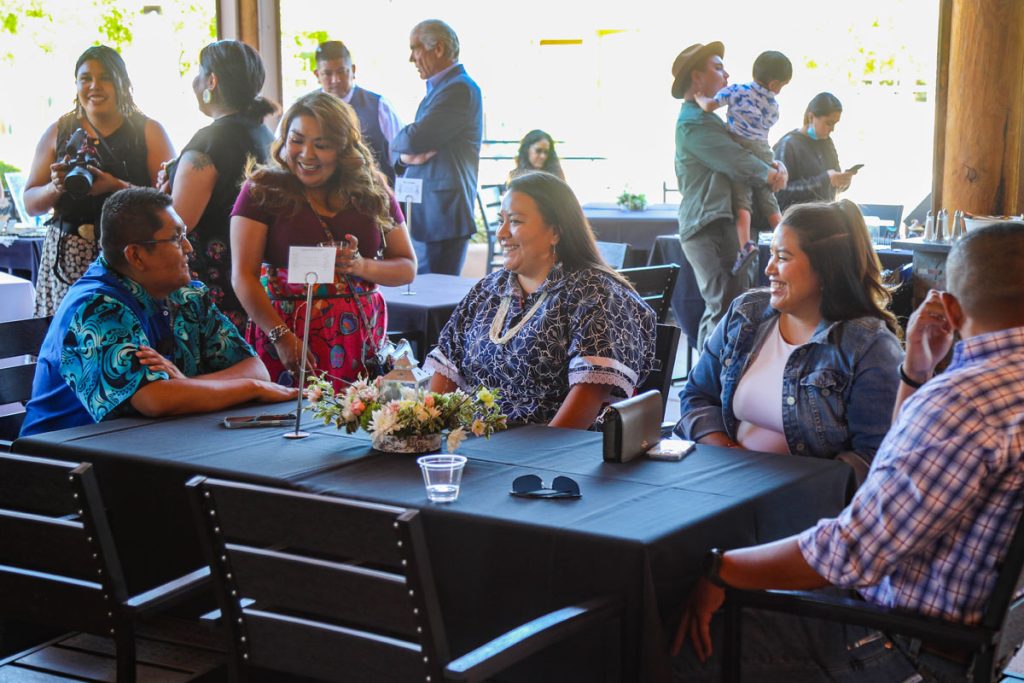


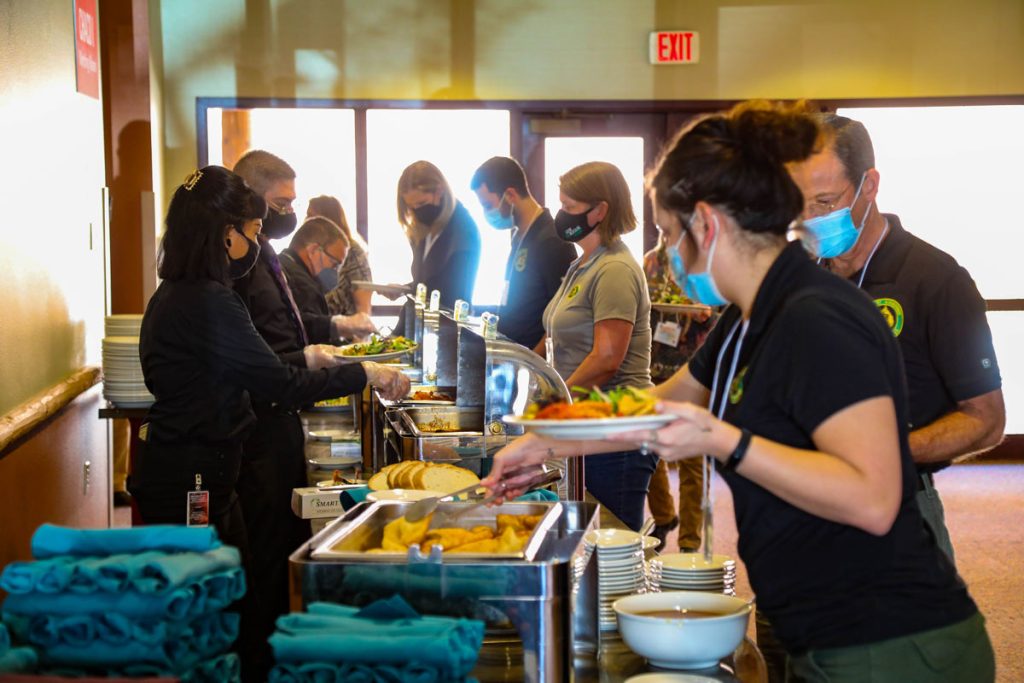
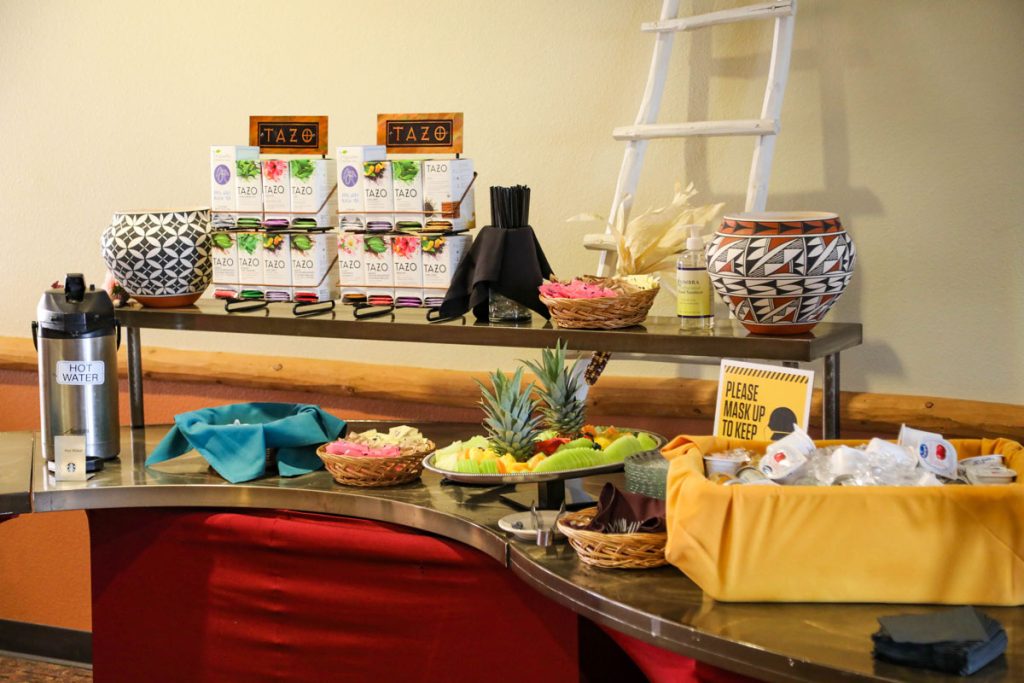


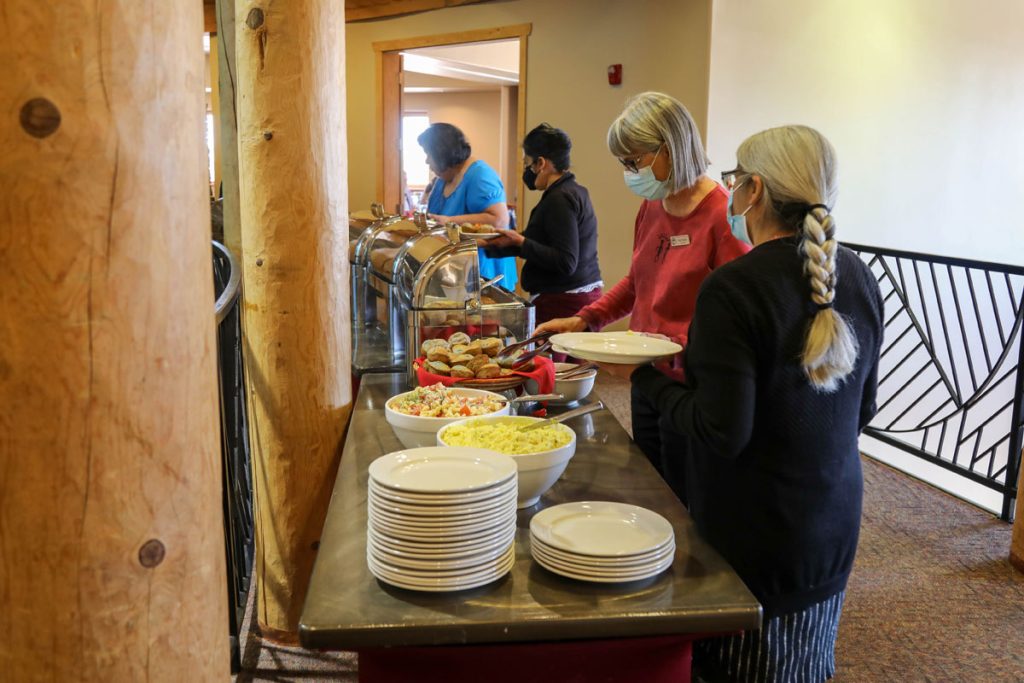
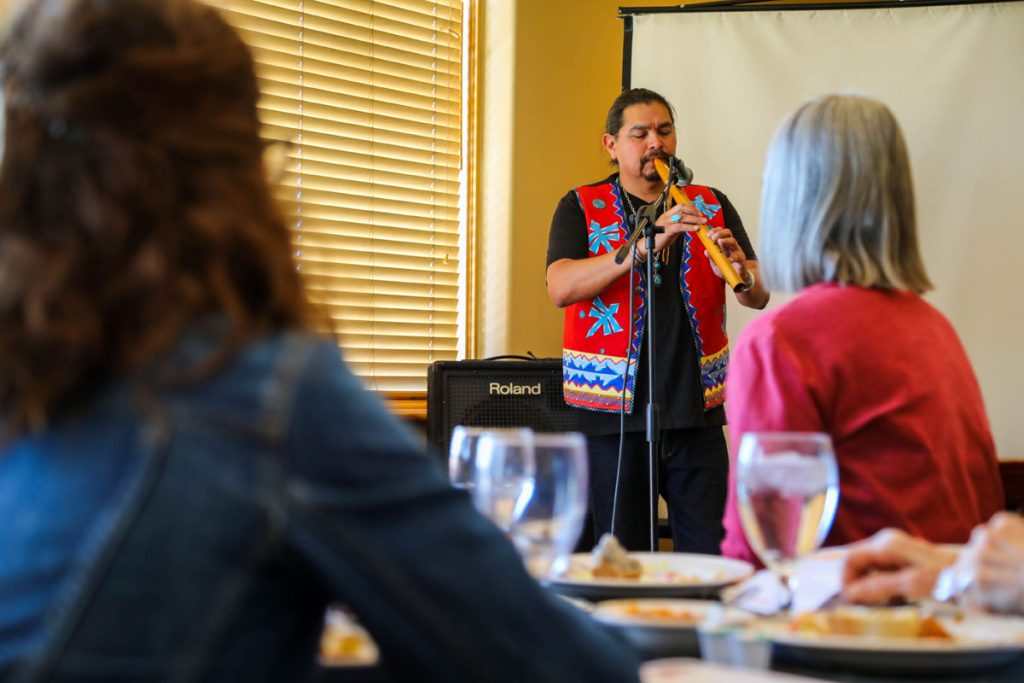
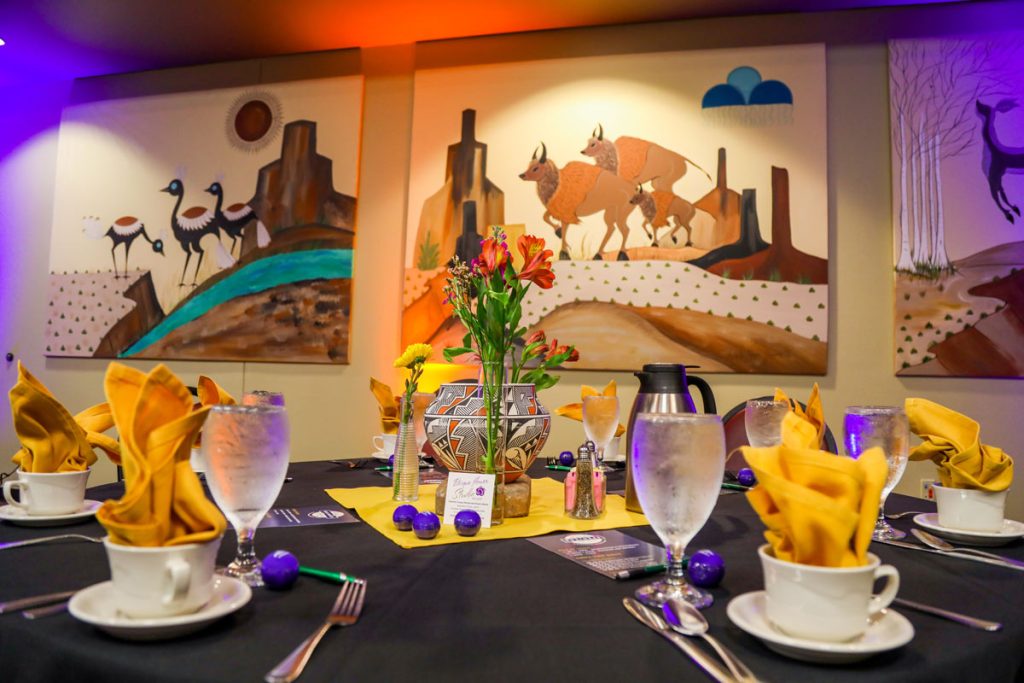

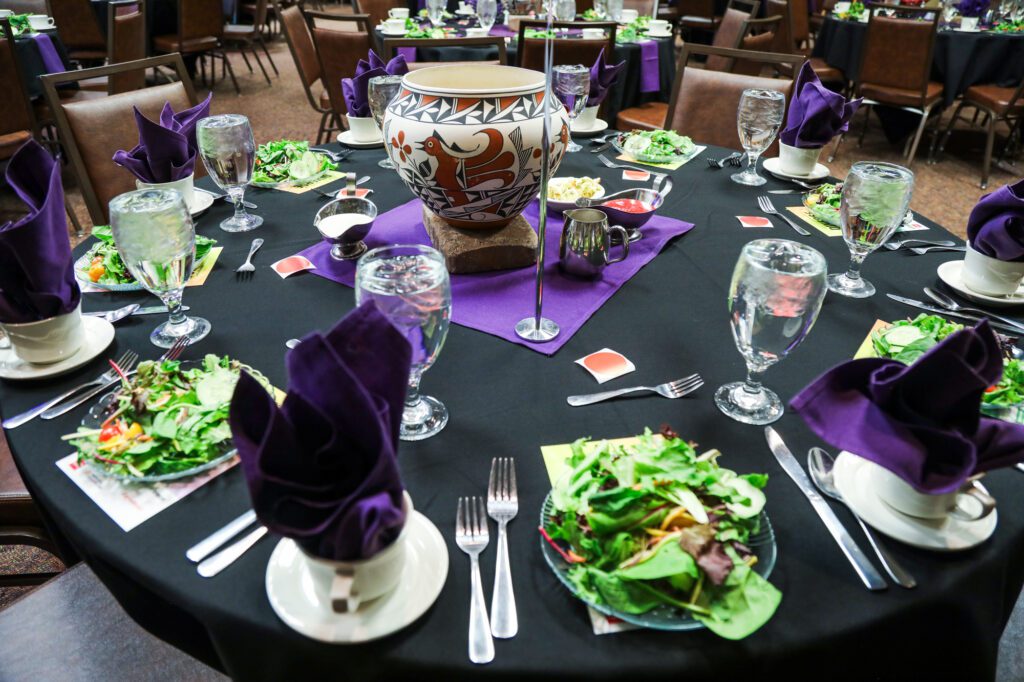



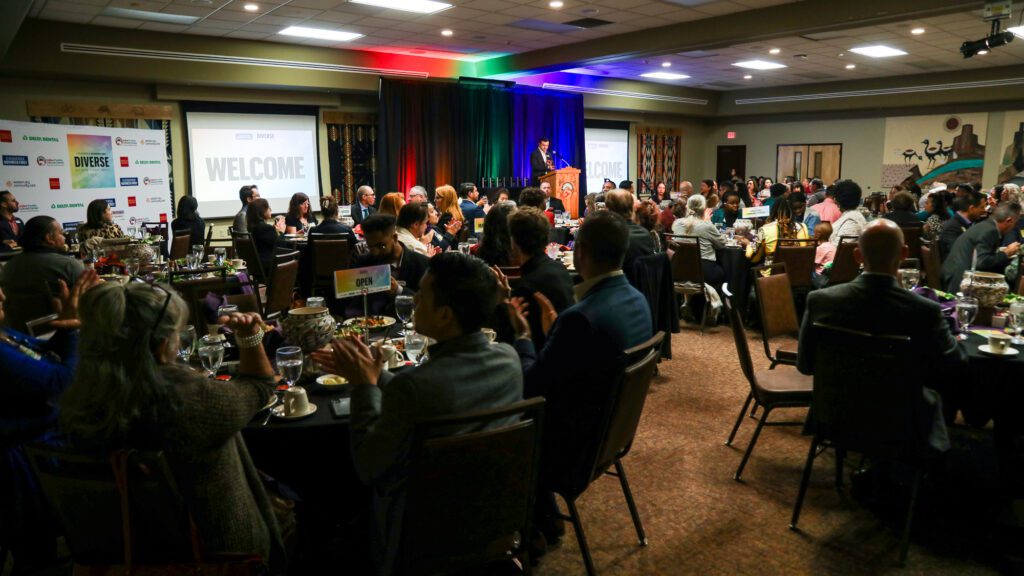

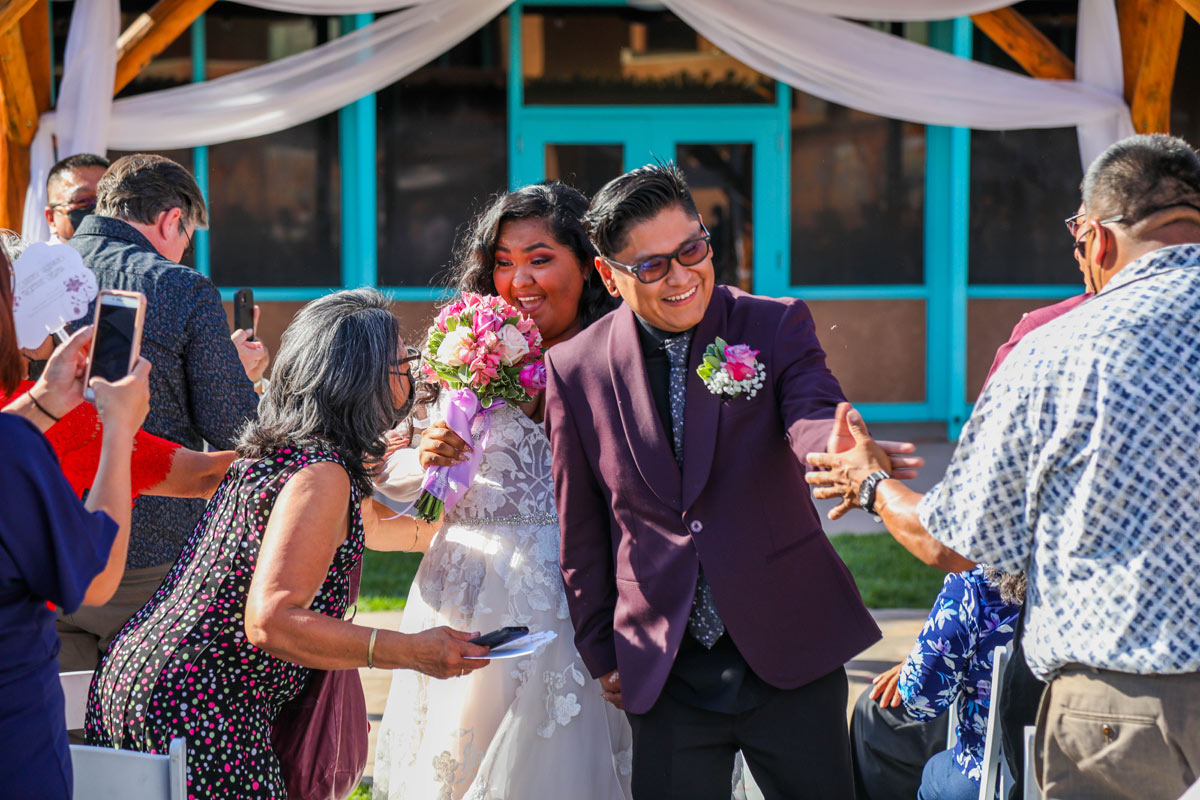
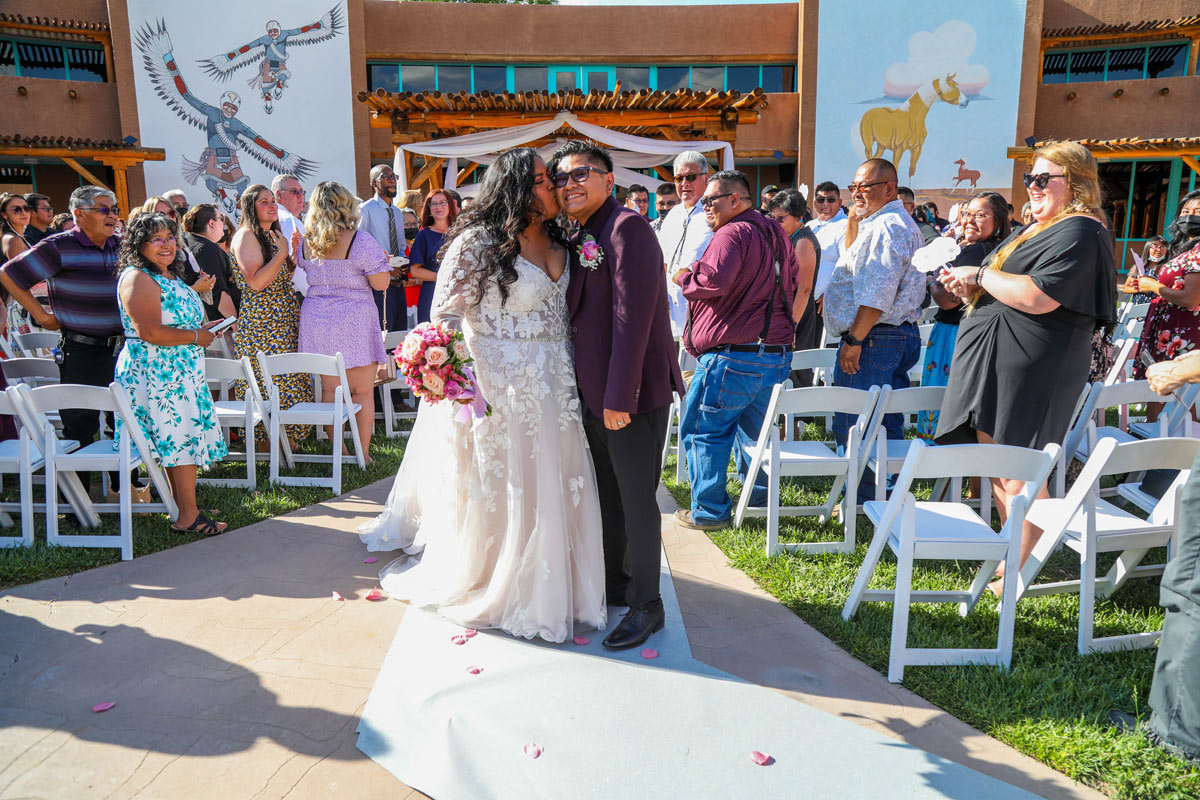


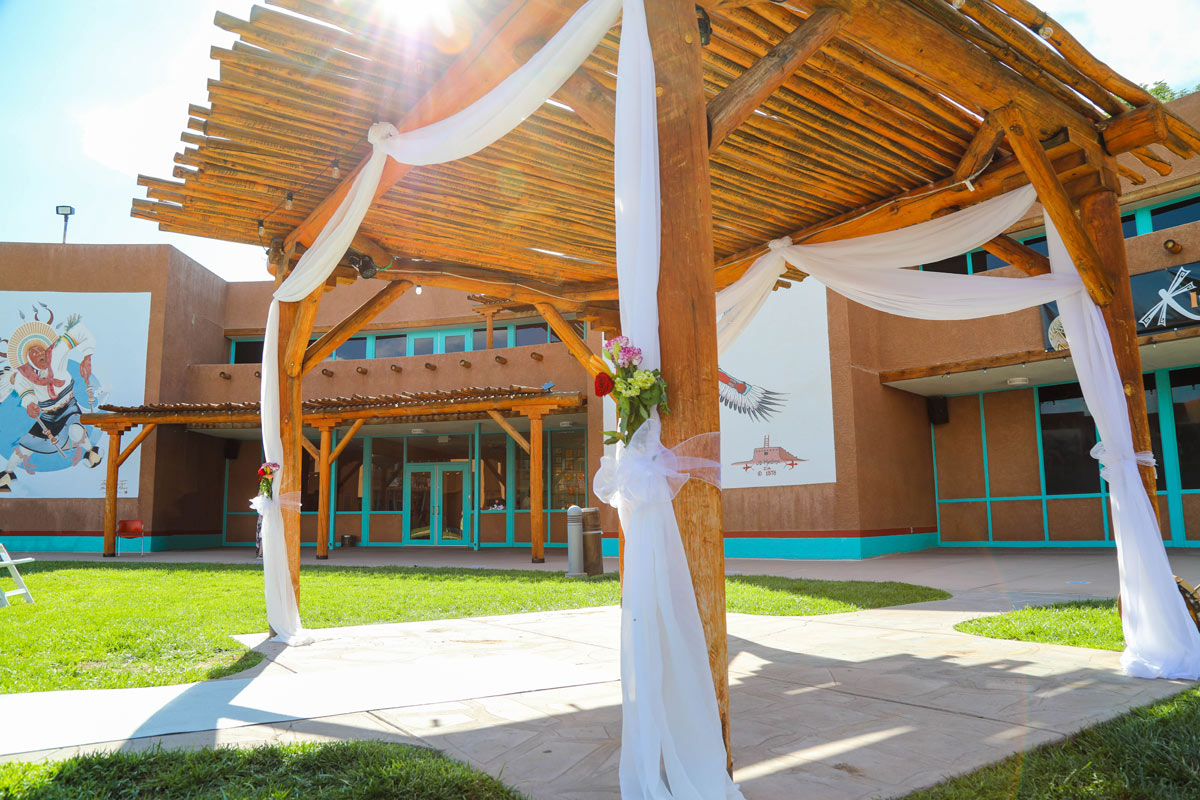

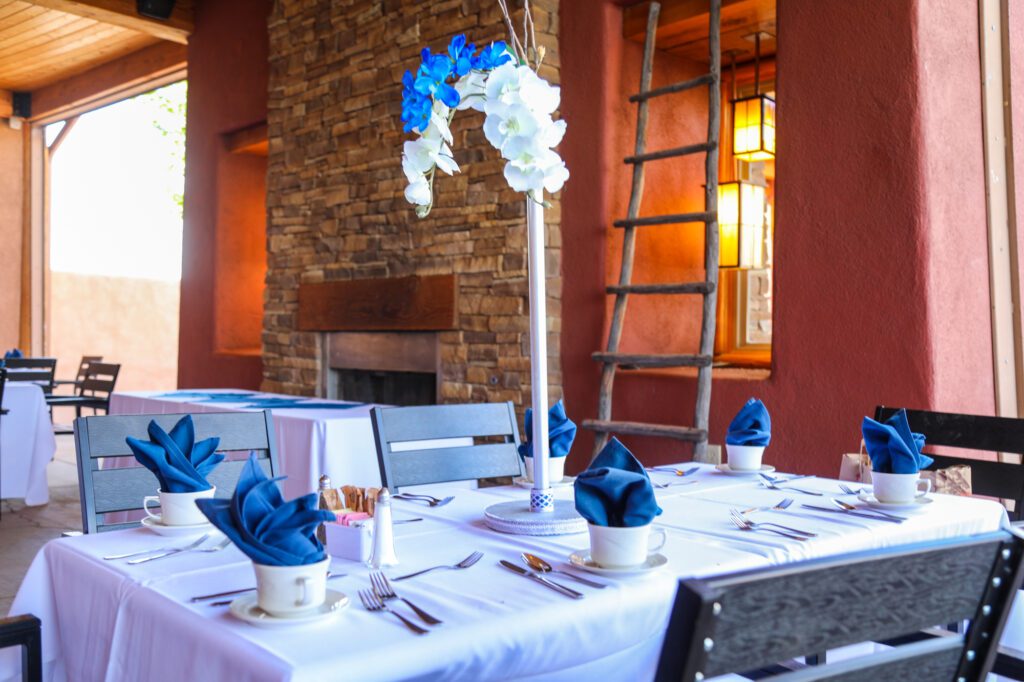
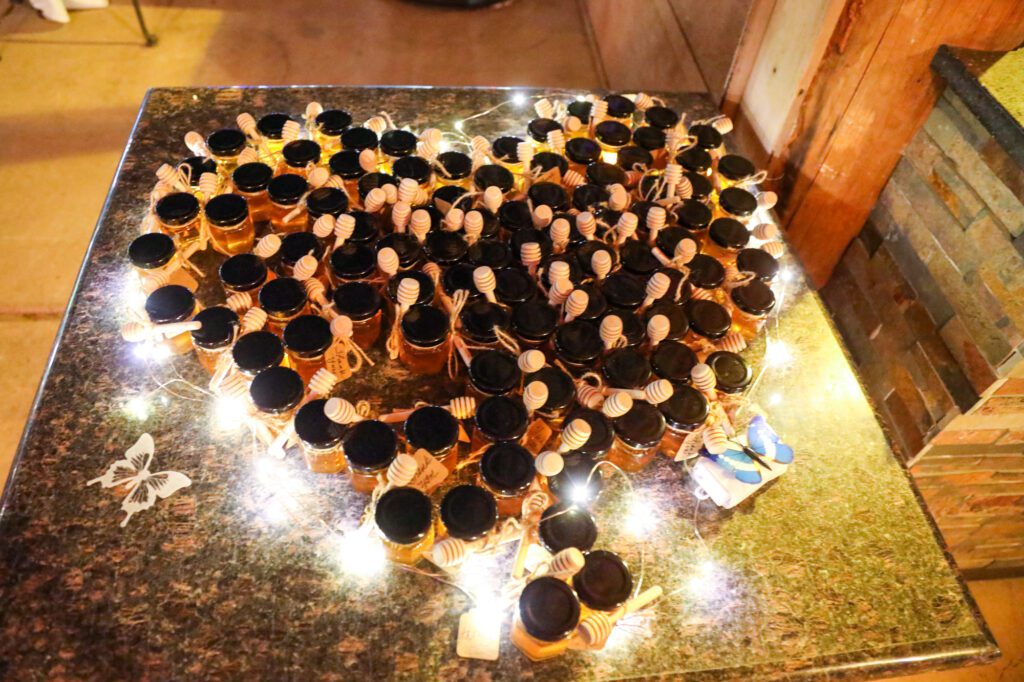
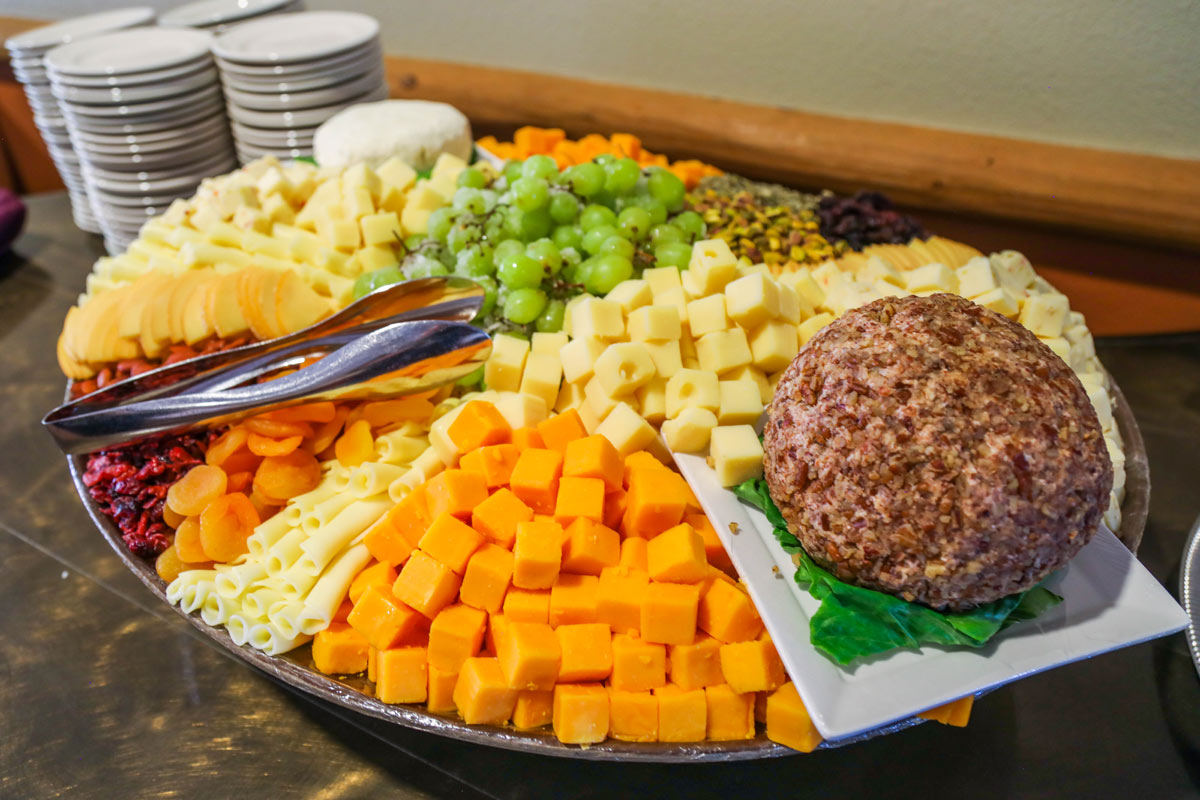


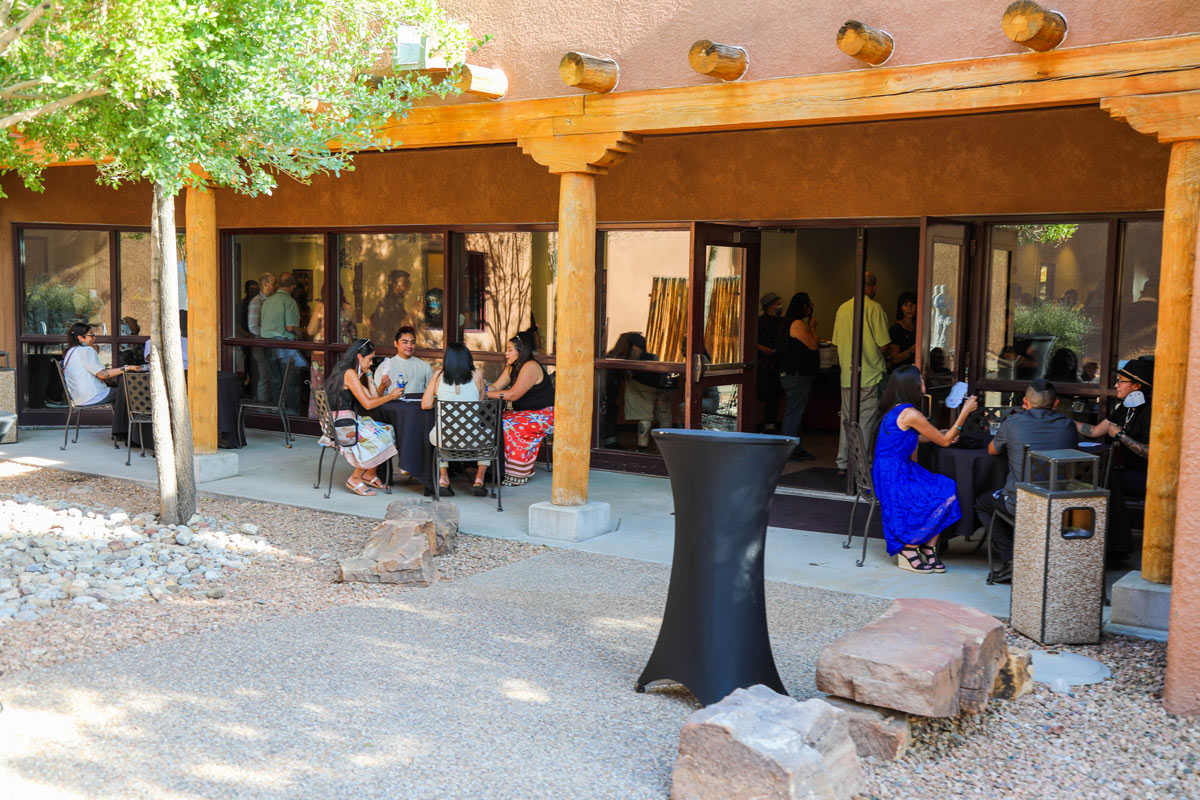
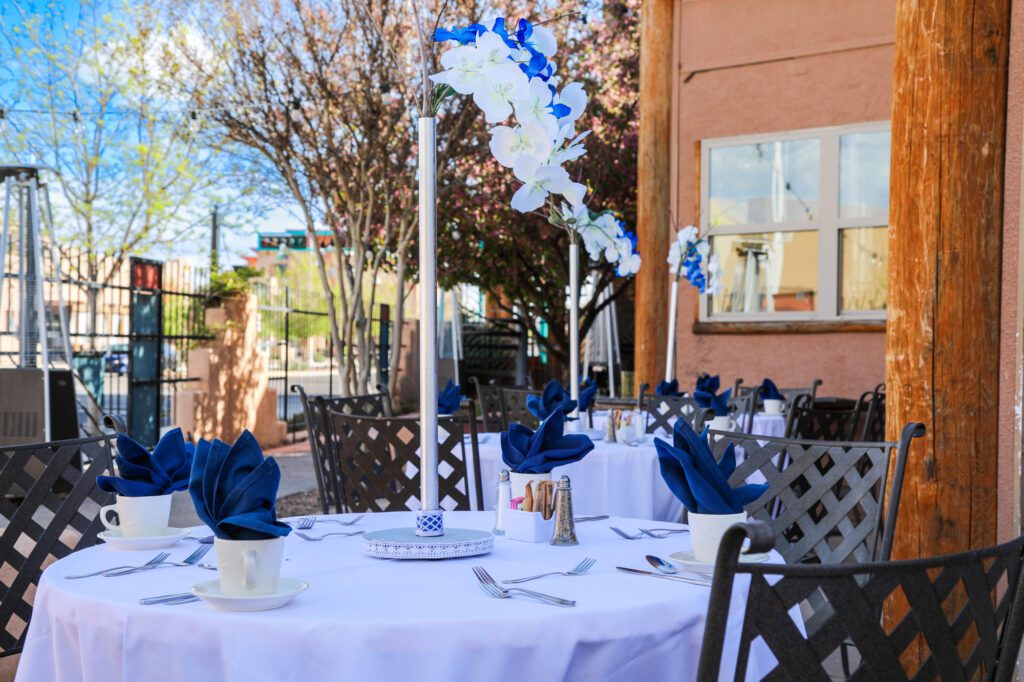
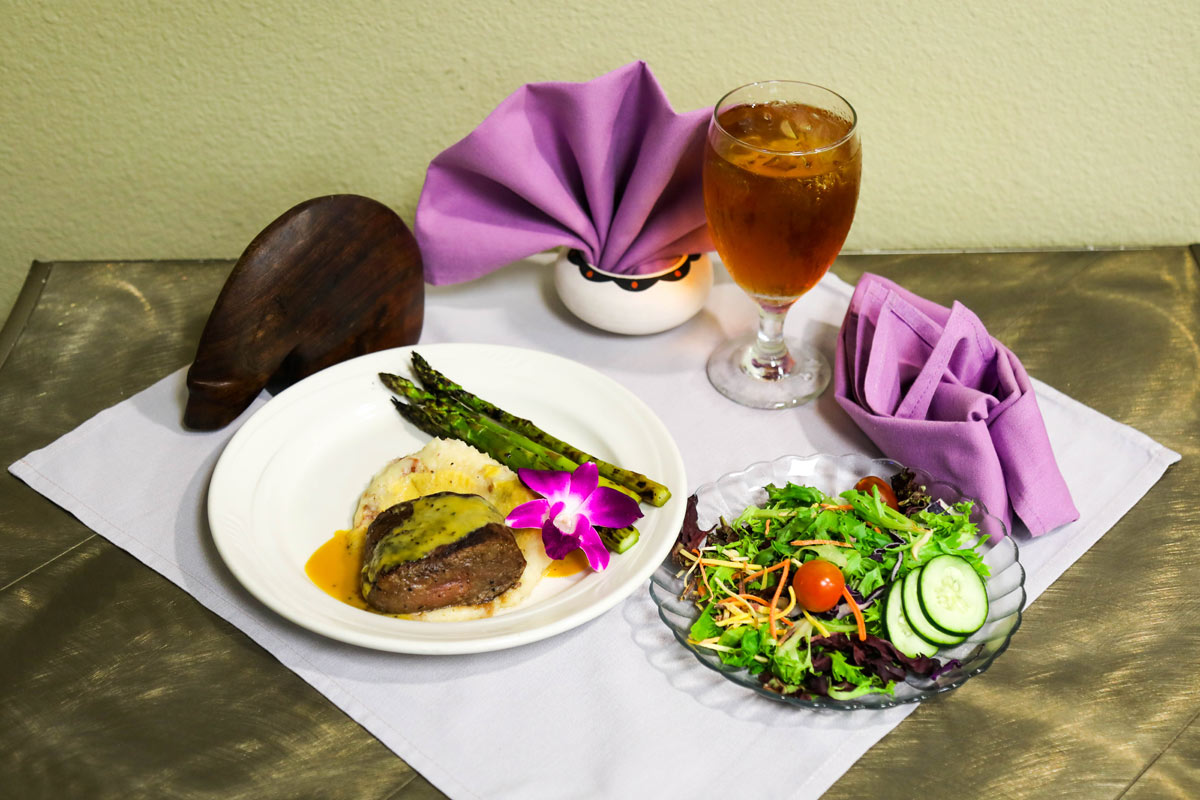



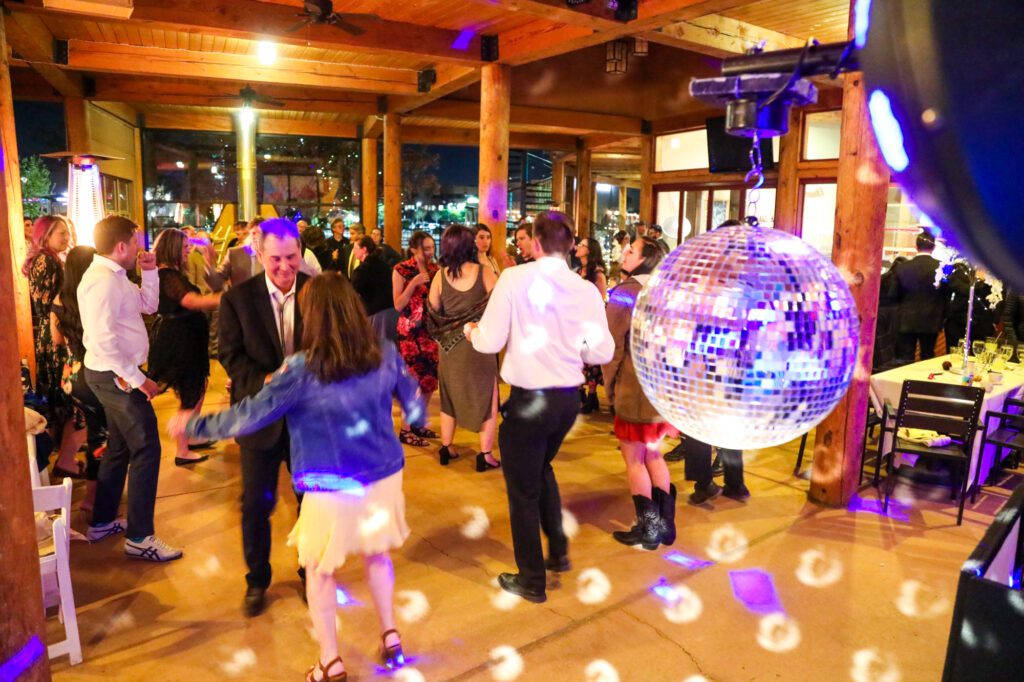
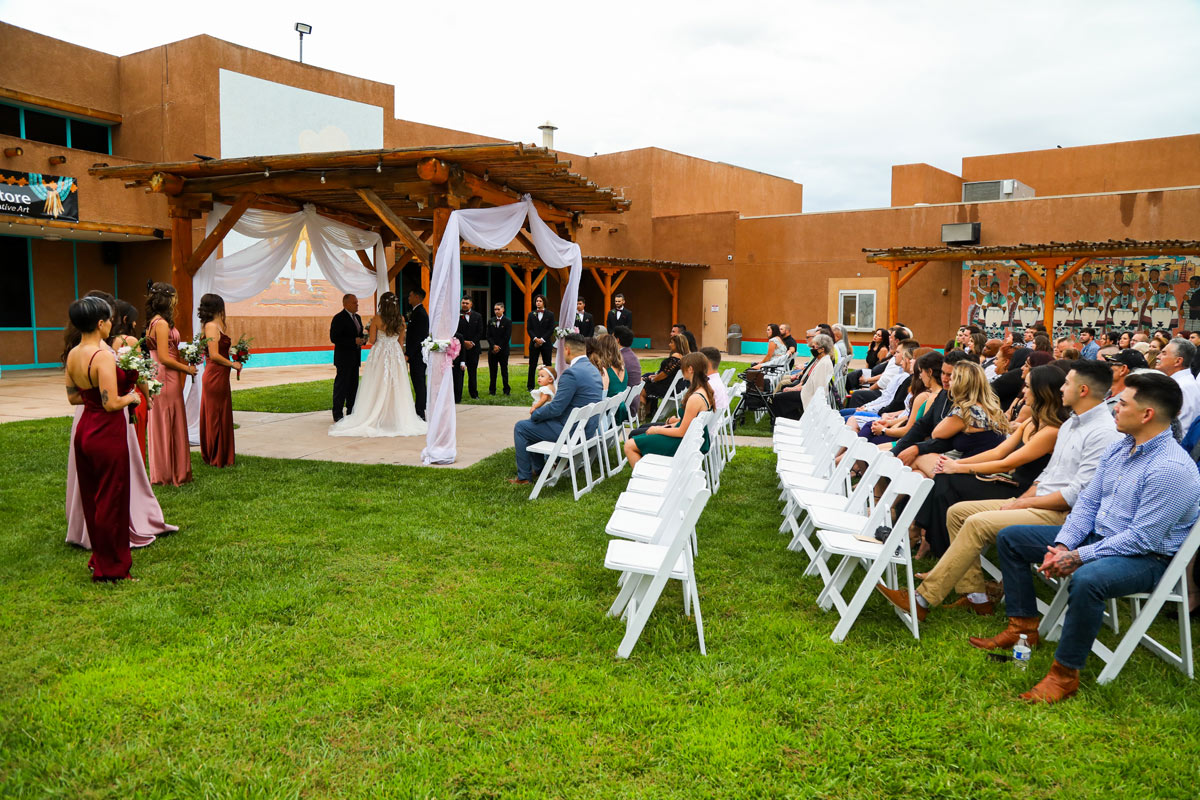


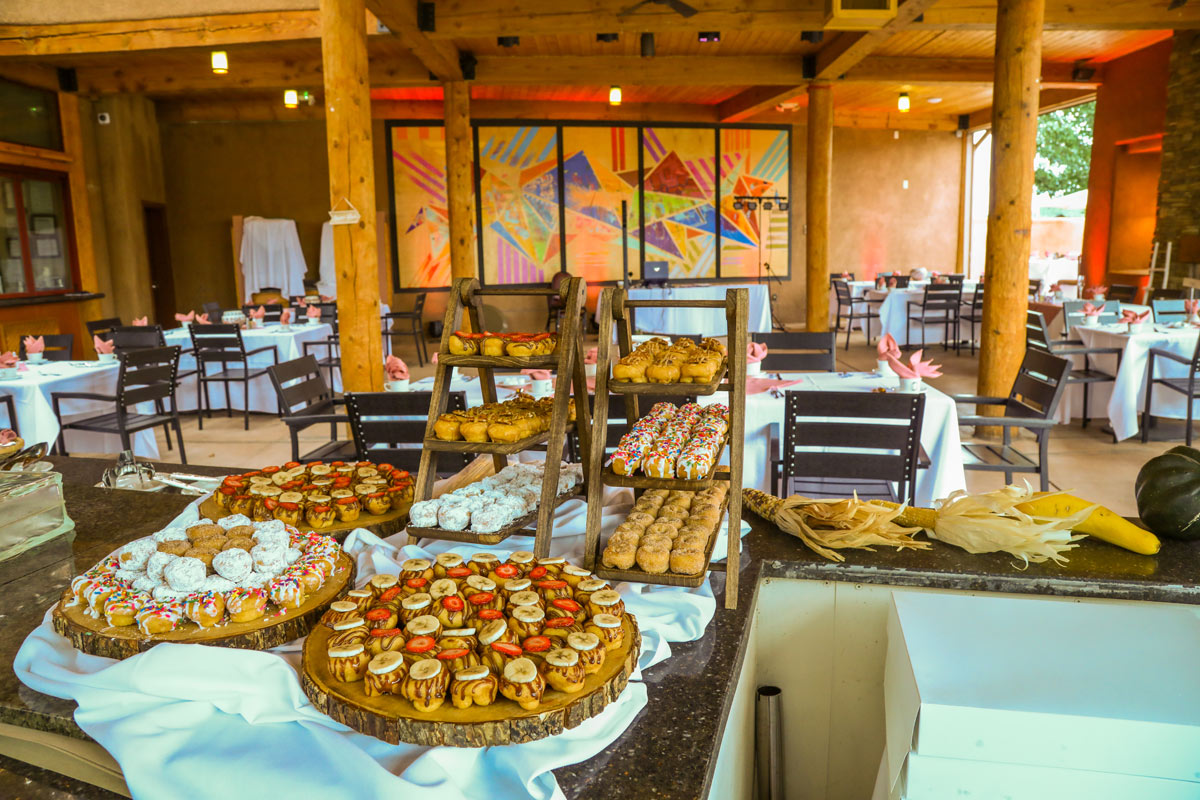

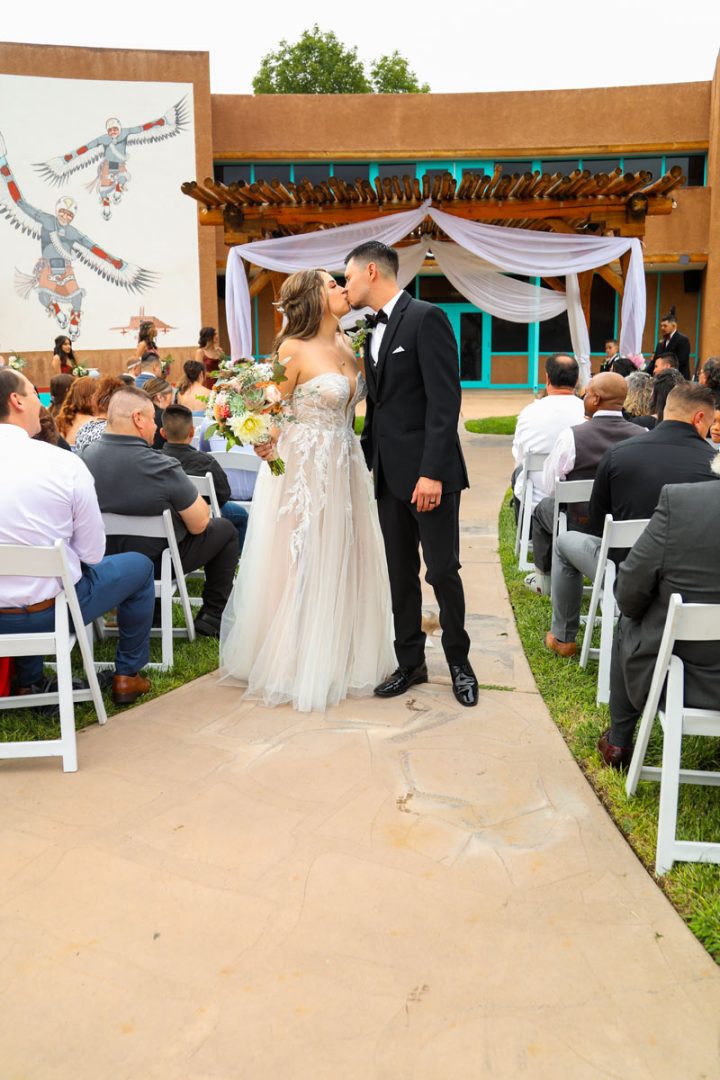


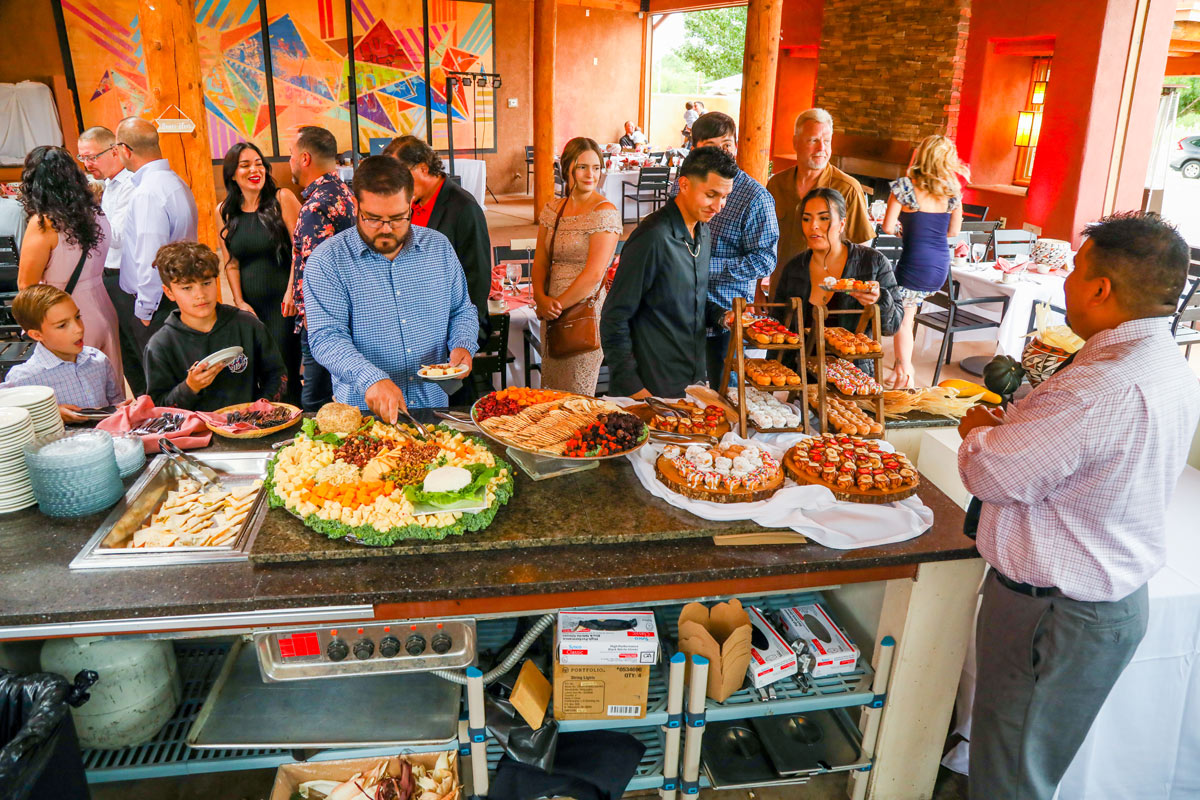
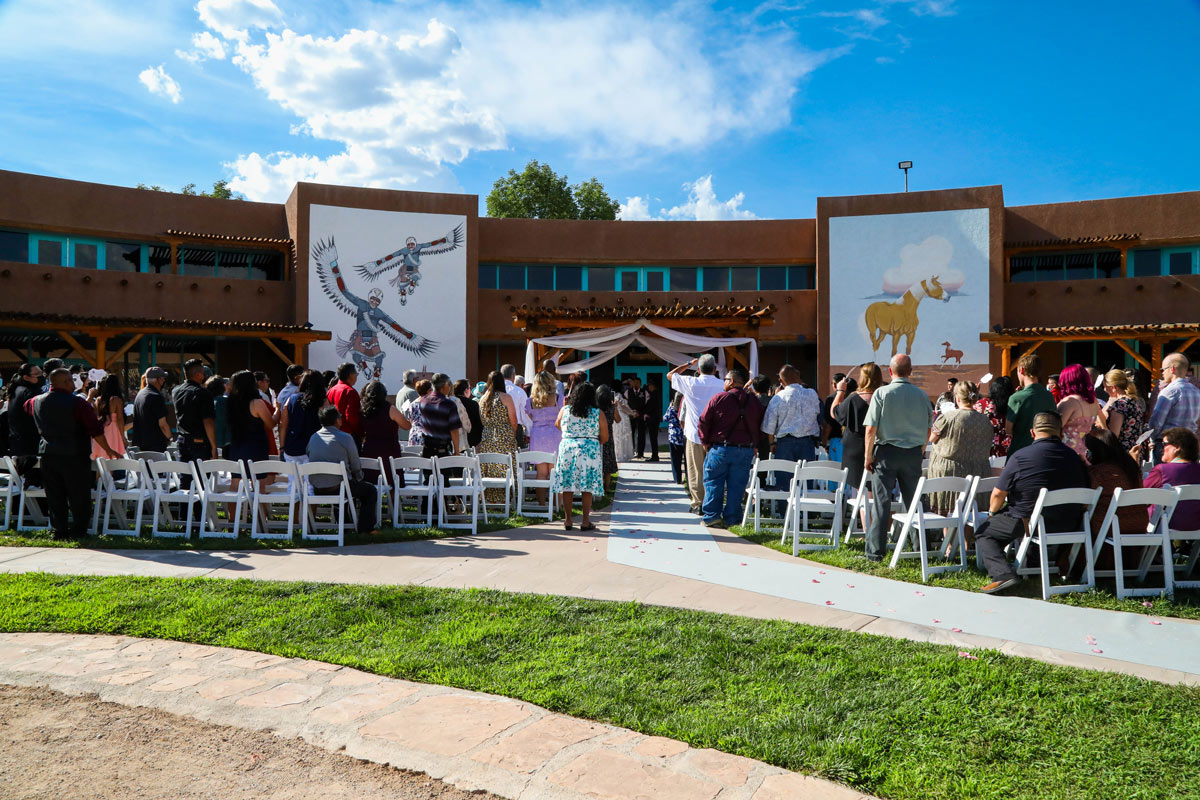
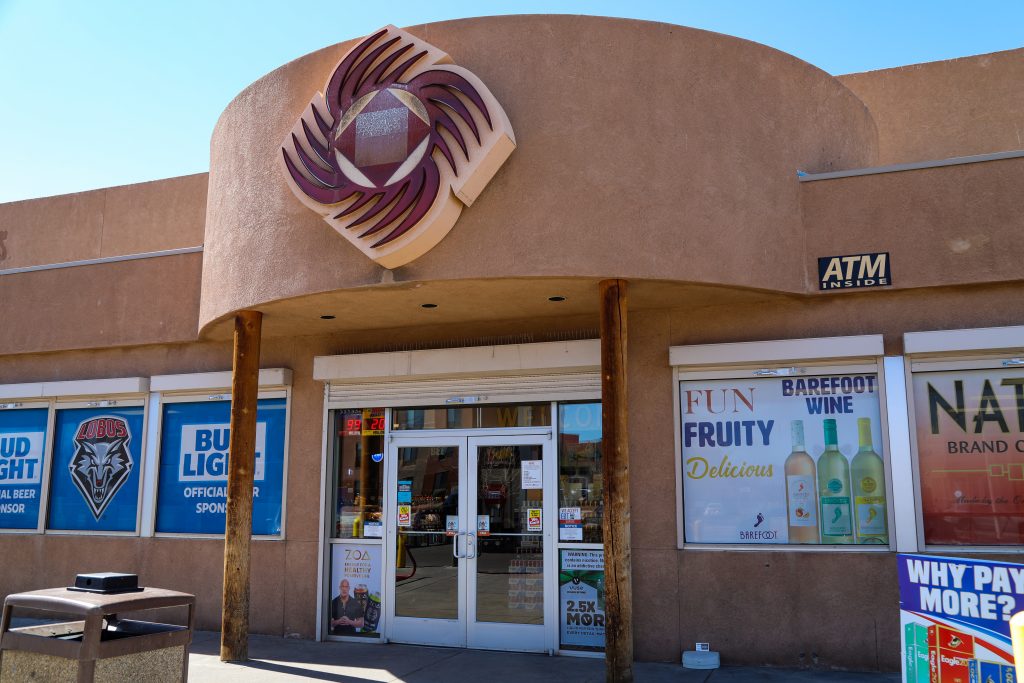
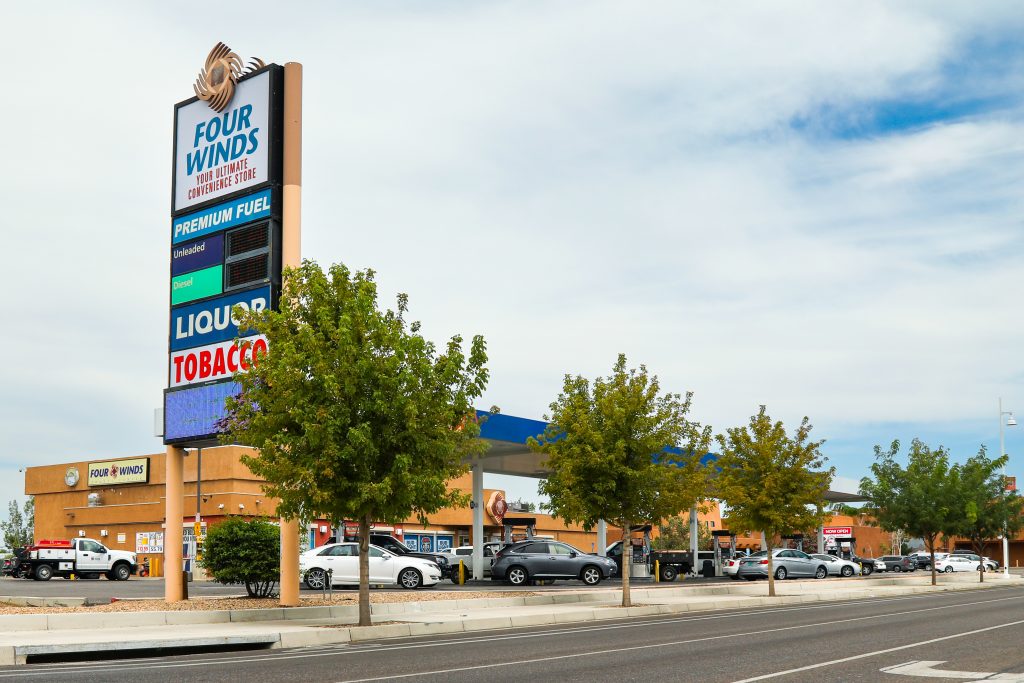
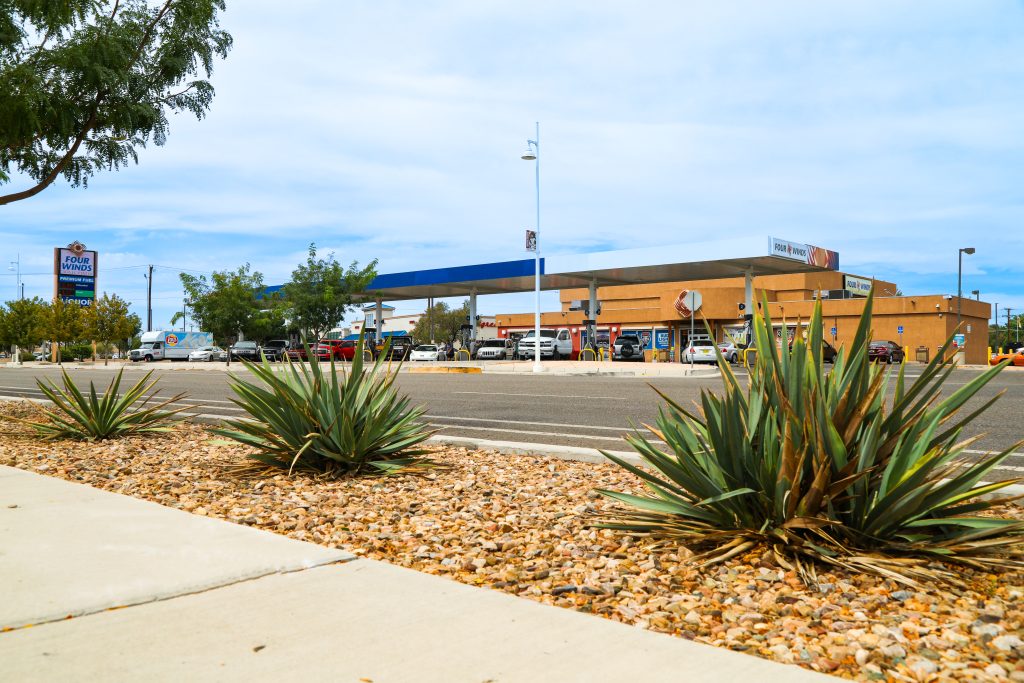
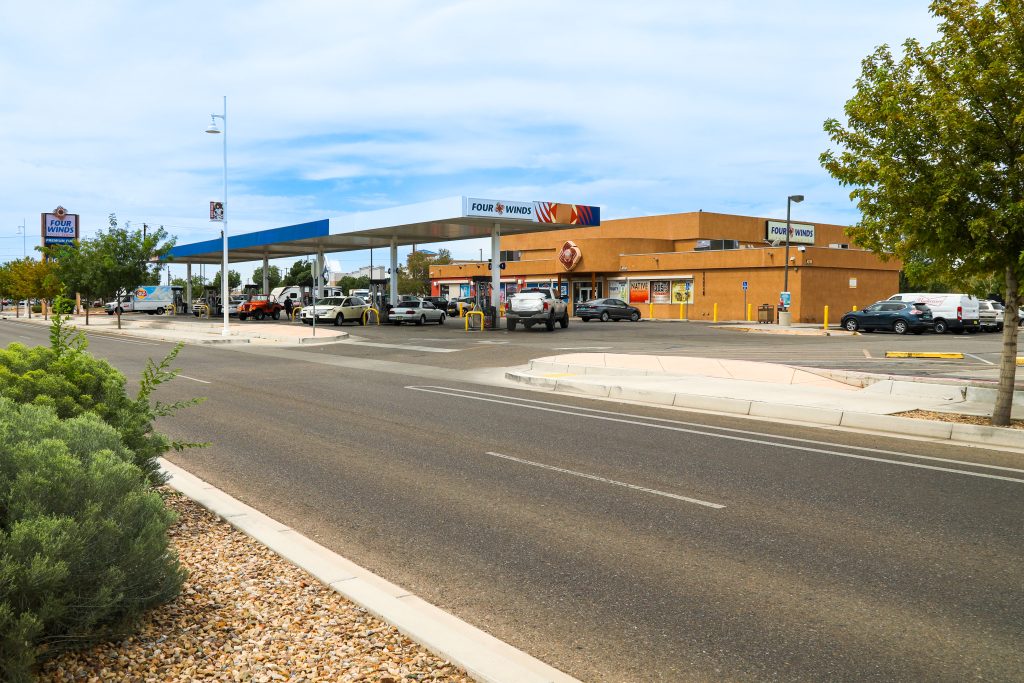
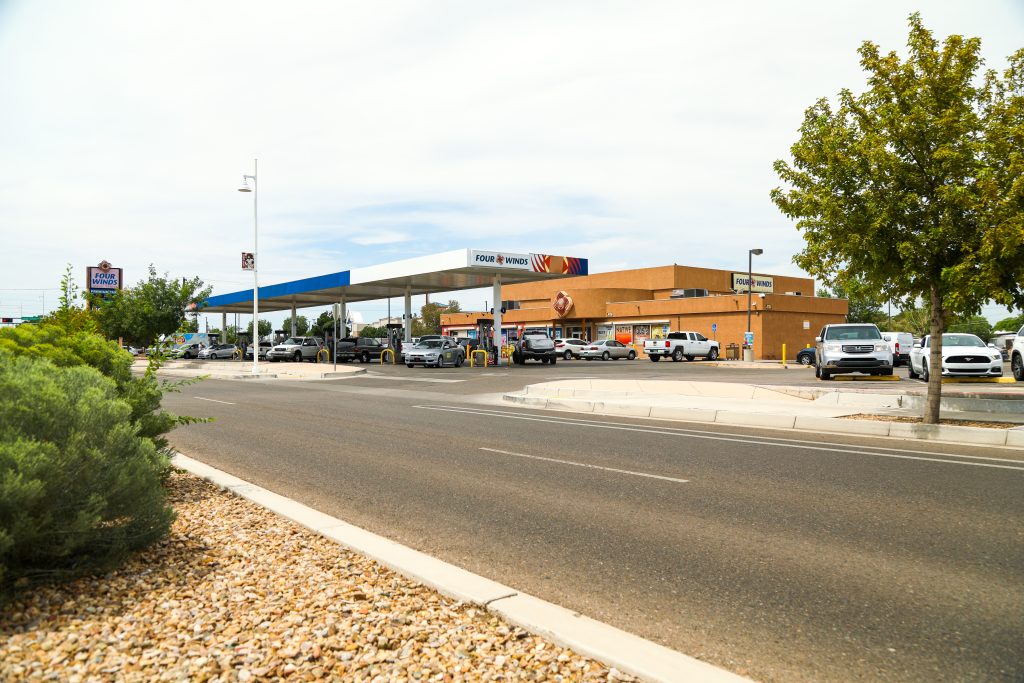
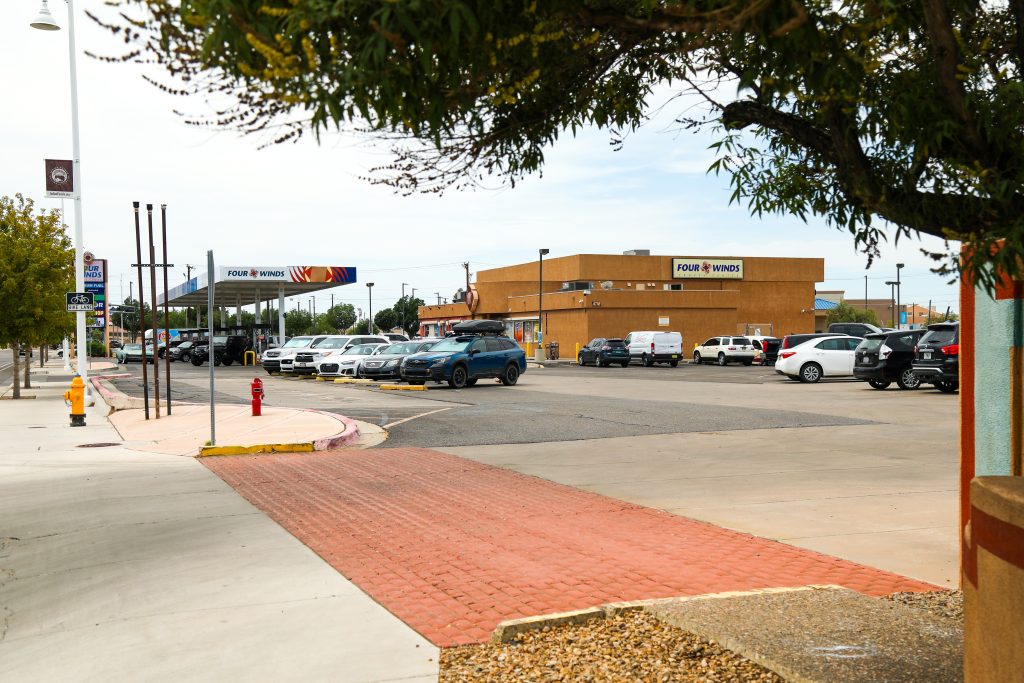
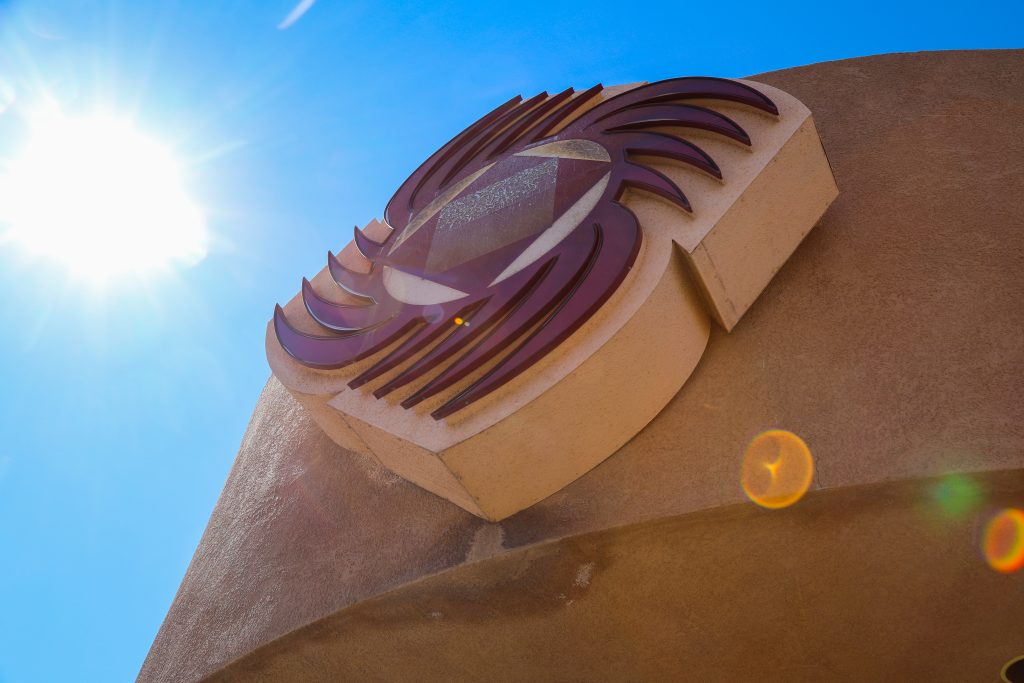
Interesting to me personally. I was told by my great grandmother that I am a Zuni descendant.
Very interesting and inspiring. Thank you for informing me.
This piece should go viral, Thank you for remind us (Anglos) that NM history did not begin with the North American invasion…and that the Pueblo revolt was the first revolution against colonialism and oppression in North America!
I would love to buy a book about the revolt.
Hi Michael, thanks for commenting! We recommend Po’Pay Leader of the First American Revolution, available here: https://www.indianpueblostore.com/products/popay-leader-of-the-first-american-revolution You might like to check out our Book Club and recommended reading here: https://indianpueblo.org/revolt/book-club/
Magnificent uprising to their native culture
Proud to celebrate this victory of the Indigenous people of of NM, Sad to think of the brutal oppression that made it necessary, Happy to know that Culture is alive and well!
Thank you for sharing this on social media. So many facts have been left out of history taught in schools.
Word of the Revolt worked it’s way to other oppressed people. Although the Spanish worked their way down the Rio Grande, nearby groups who had contact via trade heard of the success. Many felt that they too were being persecuted by the Spanish. Further down the river below El Paso, pueblos that had been there since the 1200’s had been victimized by slave raids since the Spanish arrived. Forced to work the silver mines in Chihuahua many had had enough. It took years to organize a unified effort but inspired by events of the 1680 Revolt, in 1684 Natives from La Junta revolted. They too ran the missionaries and Spanish out of their territory for a while. So the 1680 events inspired many others. The Jumano-Nation is alive today because of the Revolt.
I was stationed in Albuquerque in the Air Force from 1987 until 1992. I visited many historical sites while there. Unfortunately, only since my departure have I learned about how much of New Mexico’s history eluded me. I enjoy learning about the early people’s of the region. Someday, I hope to return to see so many of the sites I missed while there. Thank you for the information. I will definitely include the Indian Pueblo Cultural Center as a source for learning more.
The Spanish had failed time after time east of the Mississippi. (late 15th century-early 16th century) In fact, they would have went back to Spain, badly beaten by the earliest ancestors of the Five Civilized Tribes. With France and England making waves across the Atlantic, the Spaniards made their way west of the Mississippi.
The Pueblo were among the earliest inhabitants of North America, dating back to 10,000 BC. What US history ignores is the Native Tribal Nations of North America were involved in international trade as early as 1200 AD. All of Europe knew of the bounty of treasures throughout these lands. Greed over people coupled with ignorance and hate destroyed an invaluable gift from God.
I was looking for a better explanation and summary than is in our textbook. This site will be required reading for my history students
[…] Indian Pueblo Cultural Center, A Brief History of the Pueblo Revolt. […]